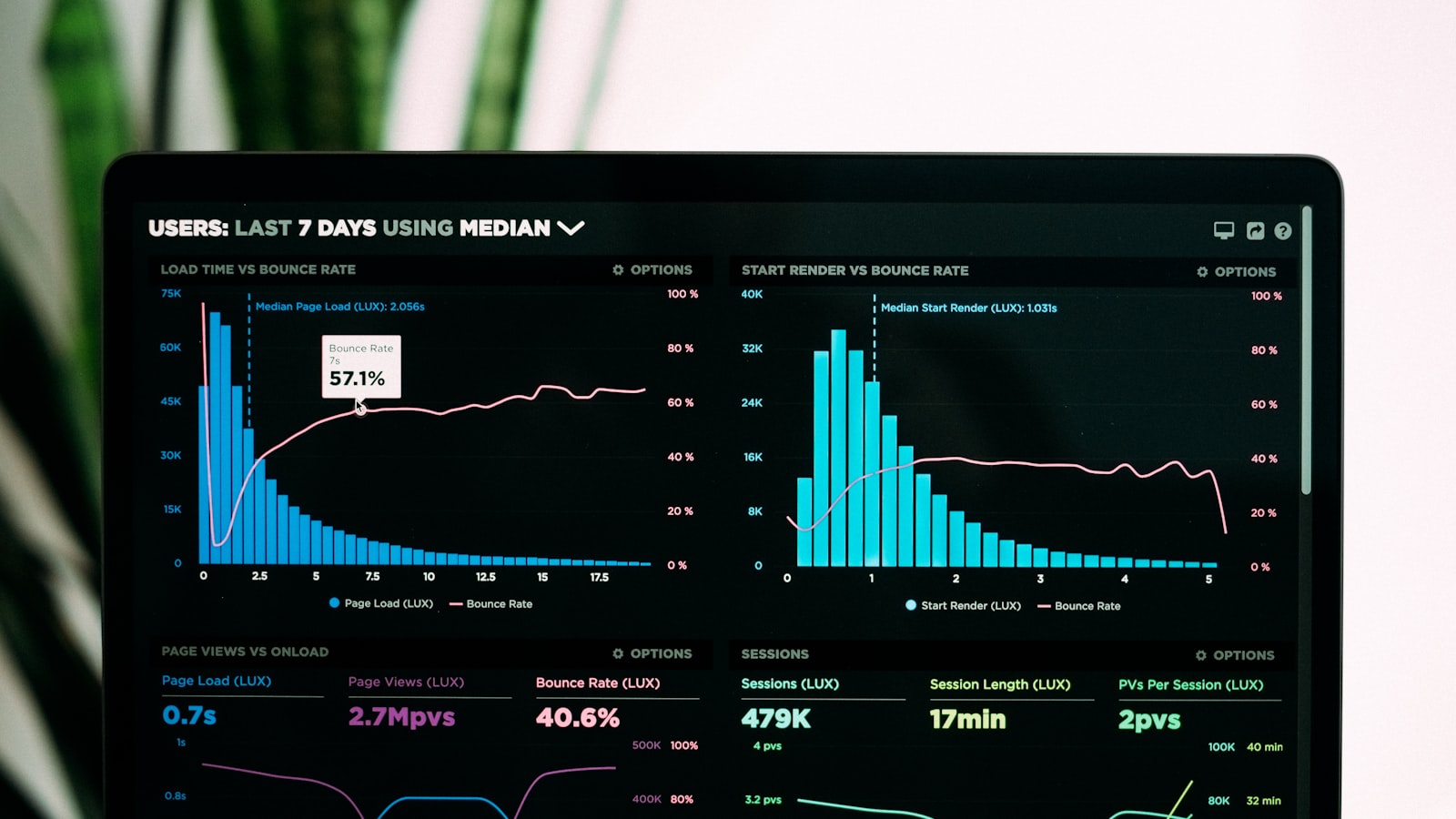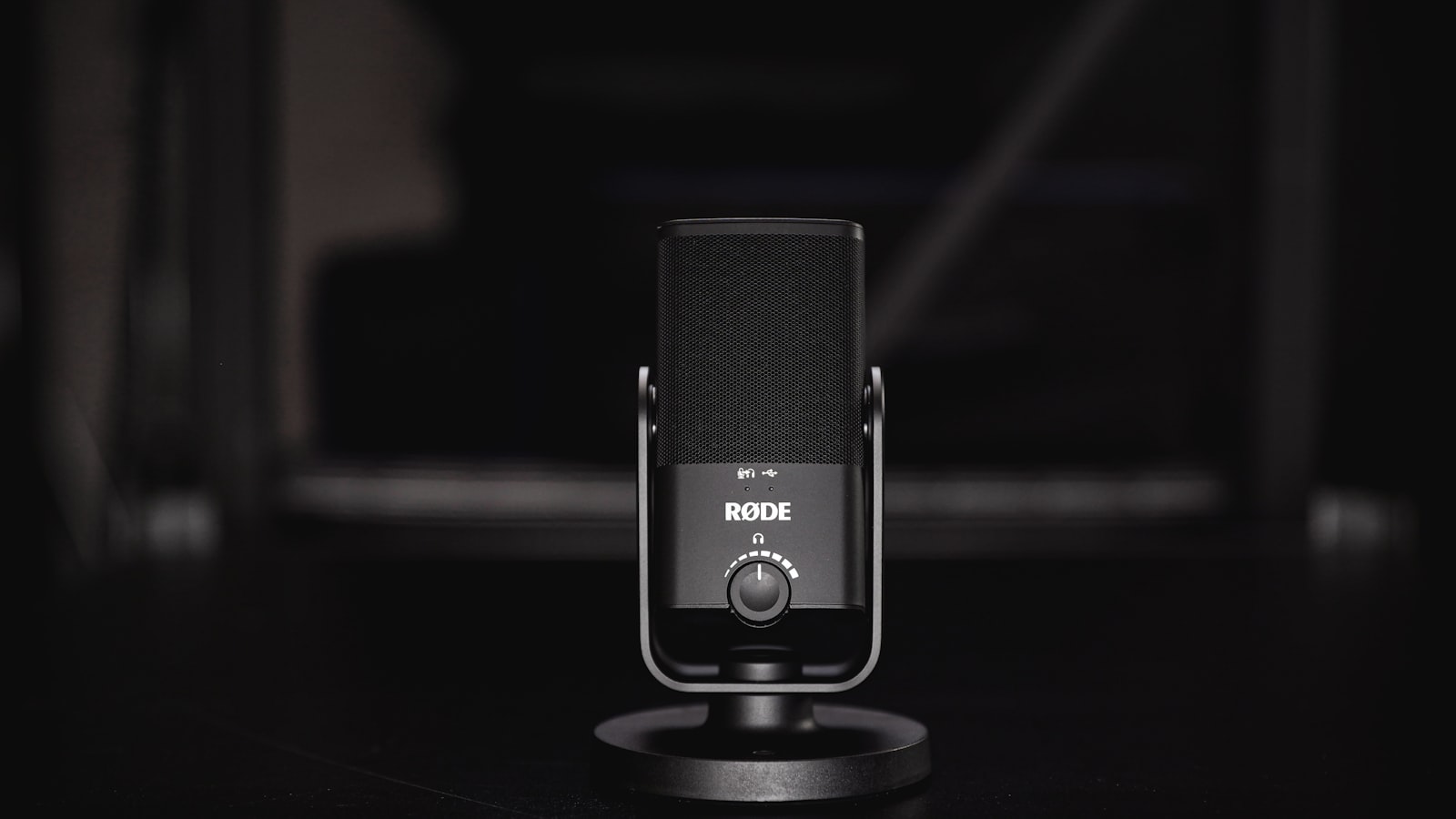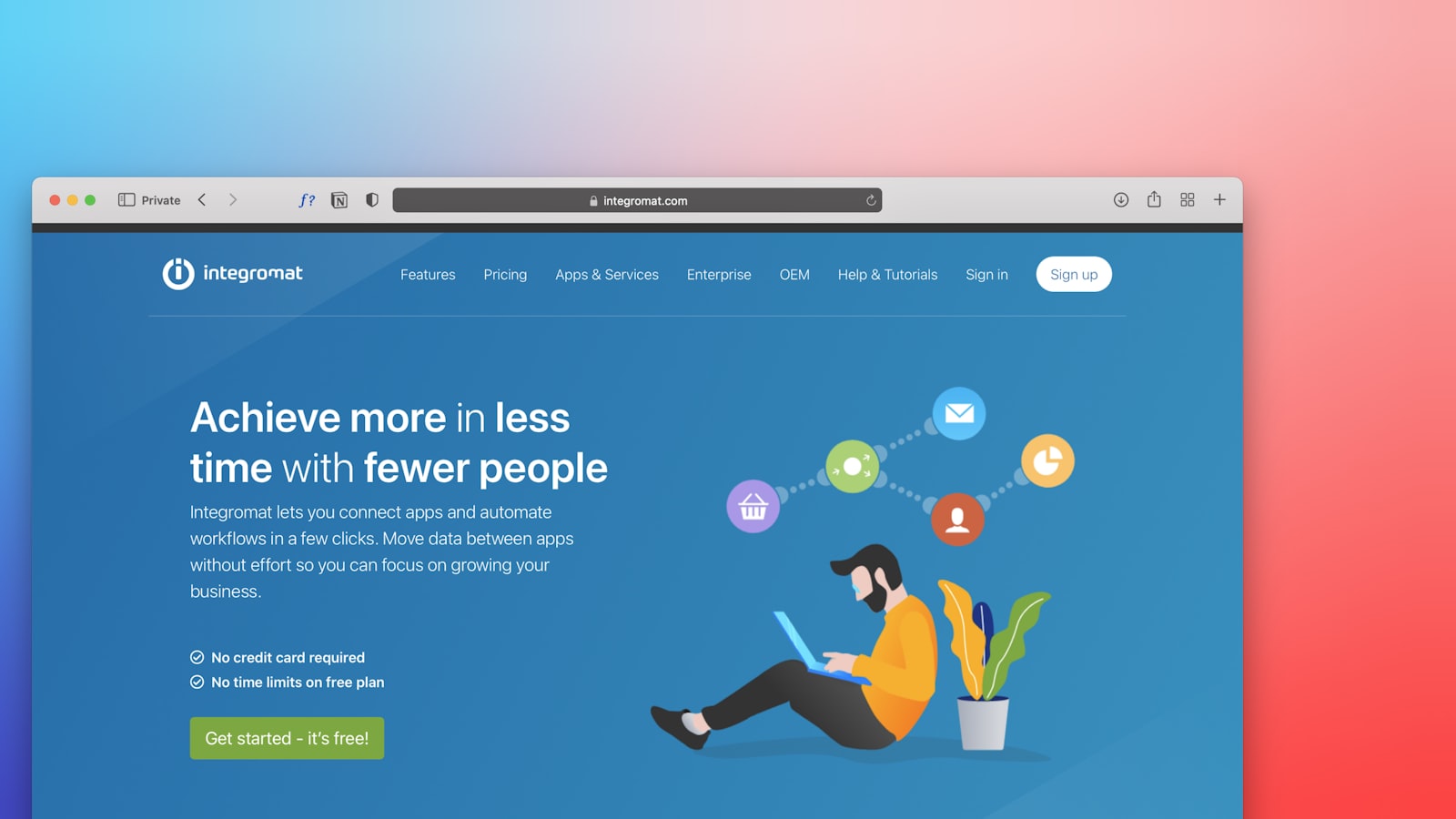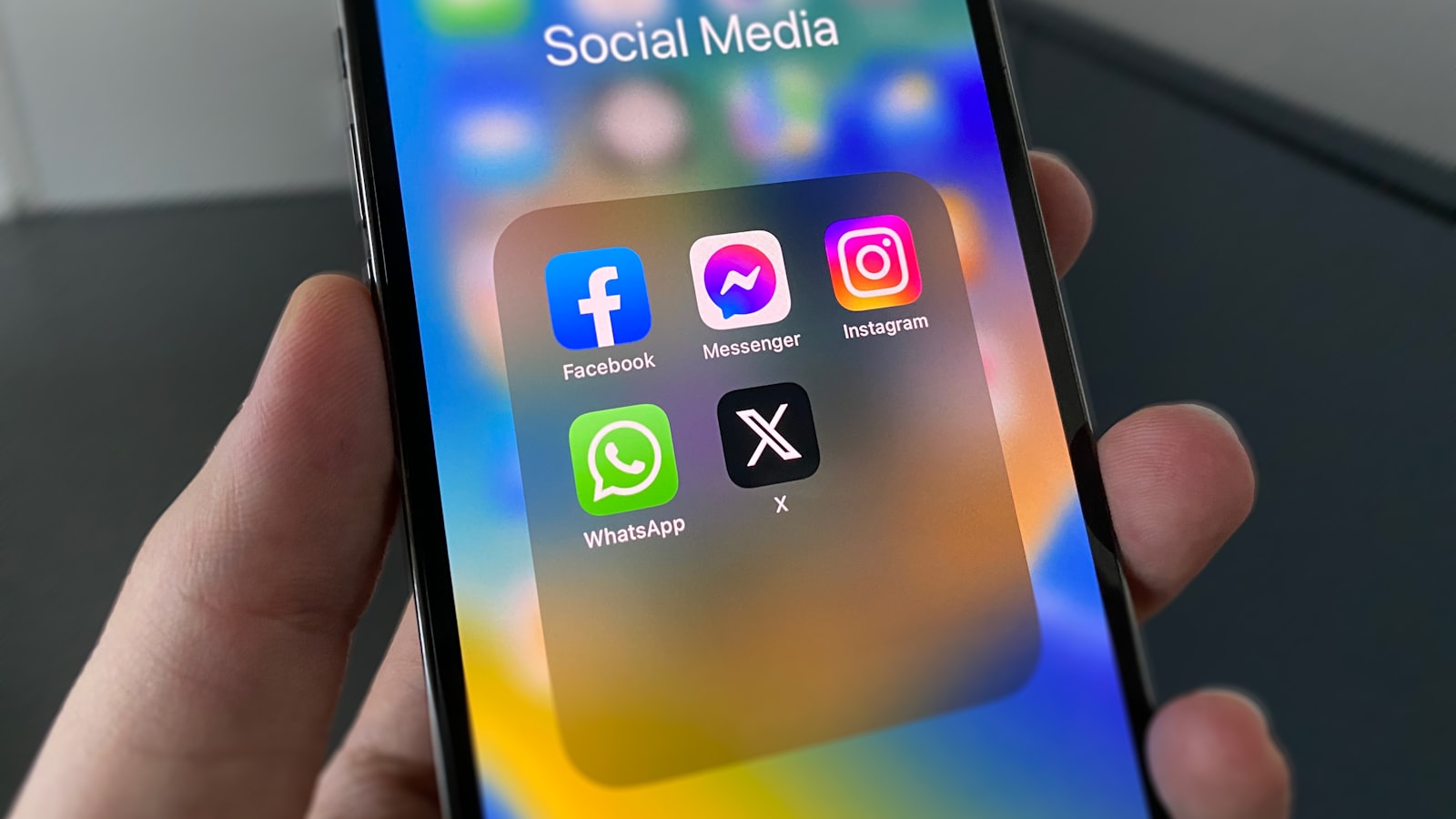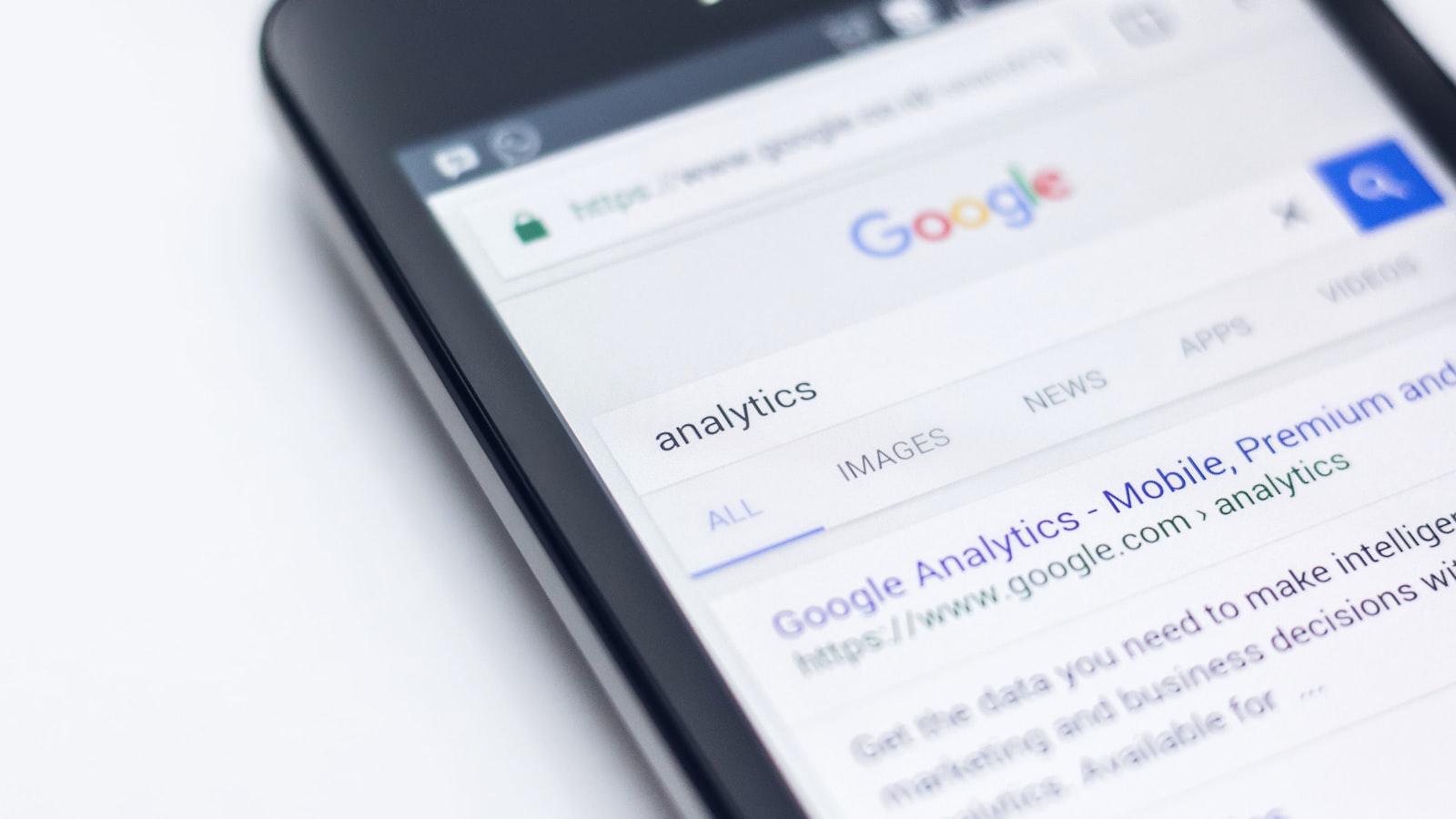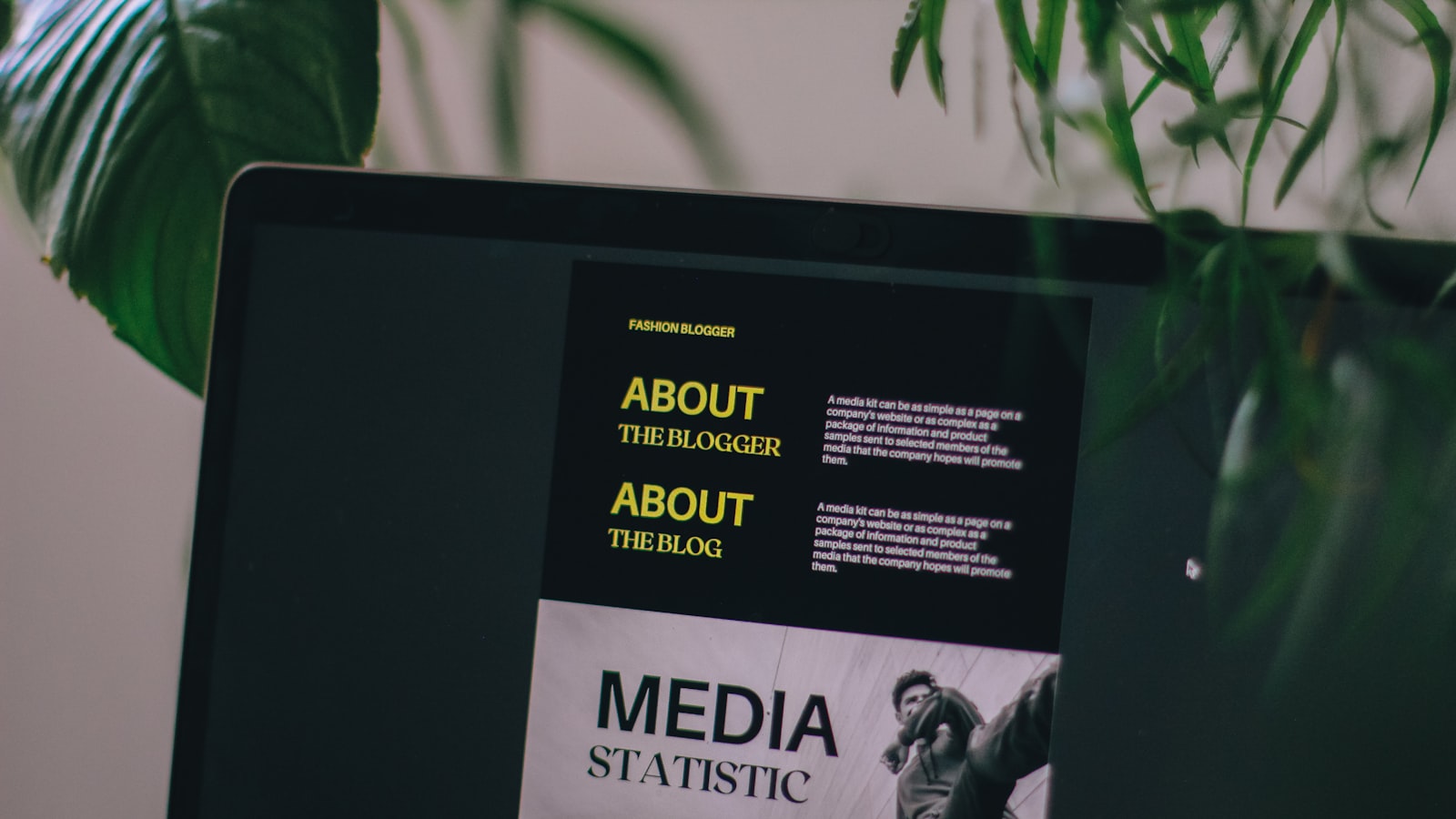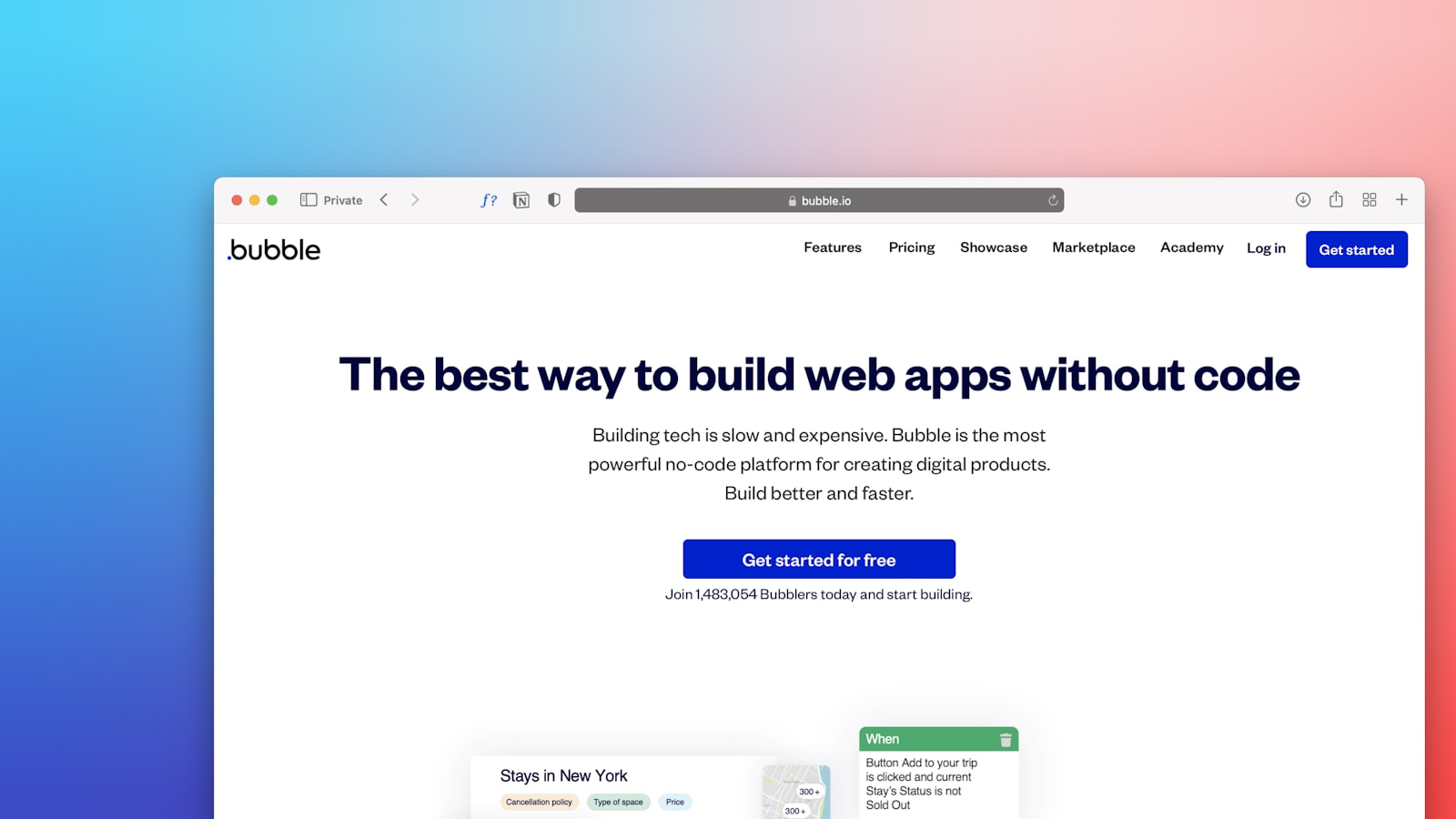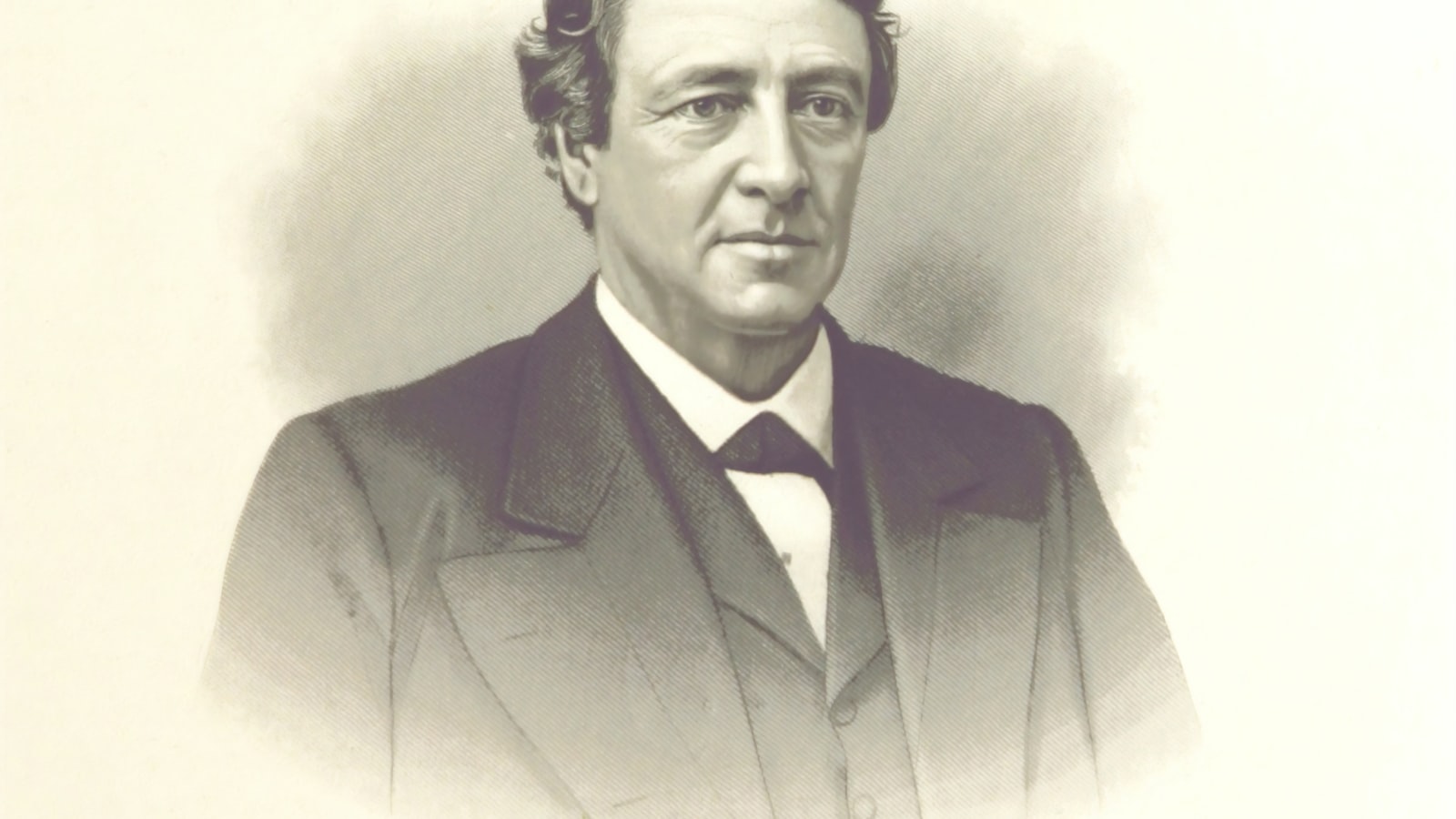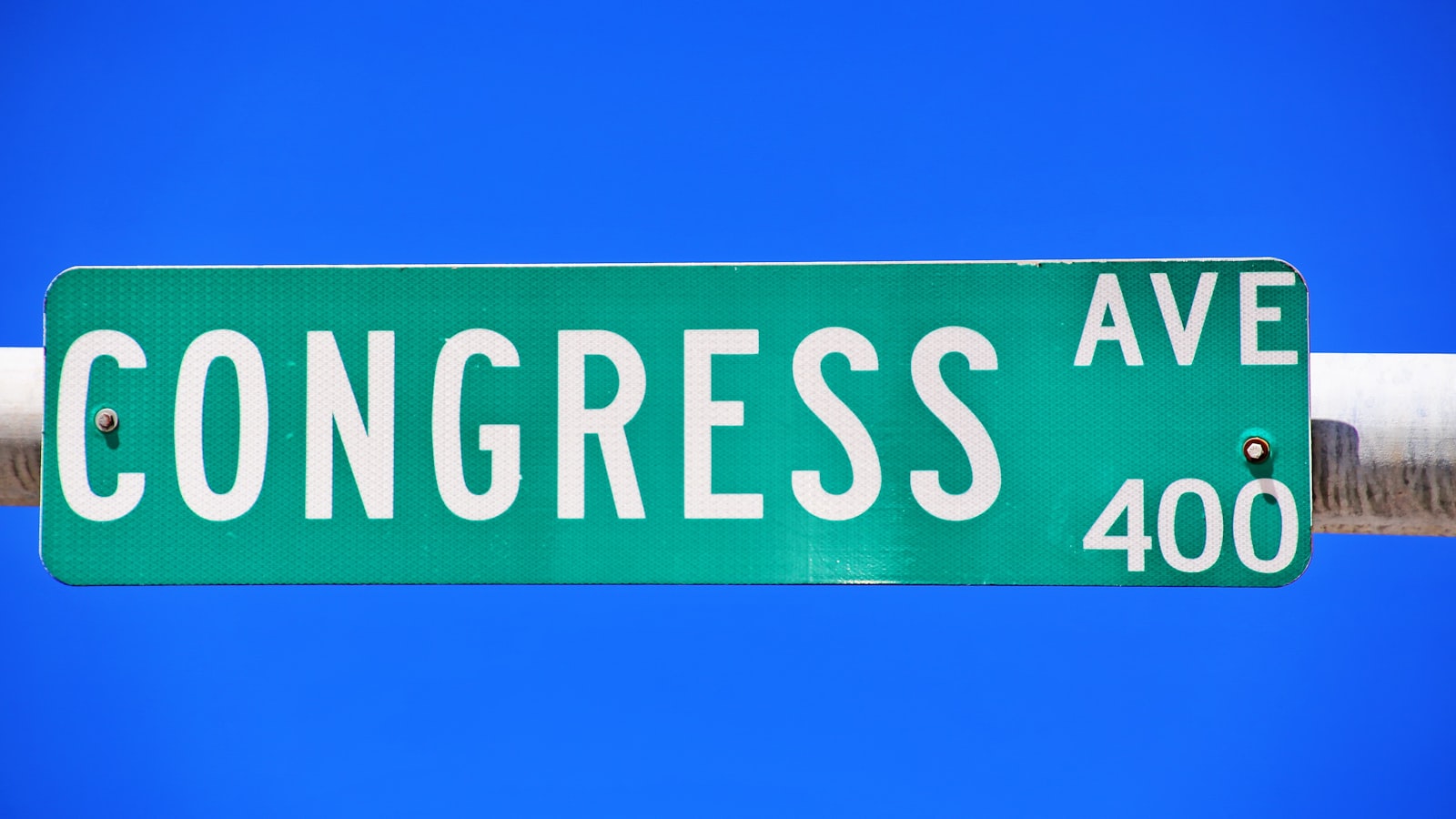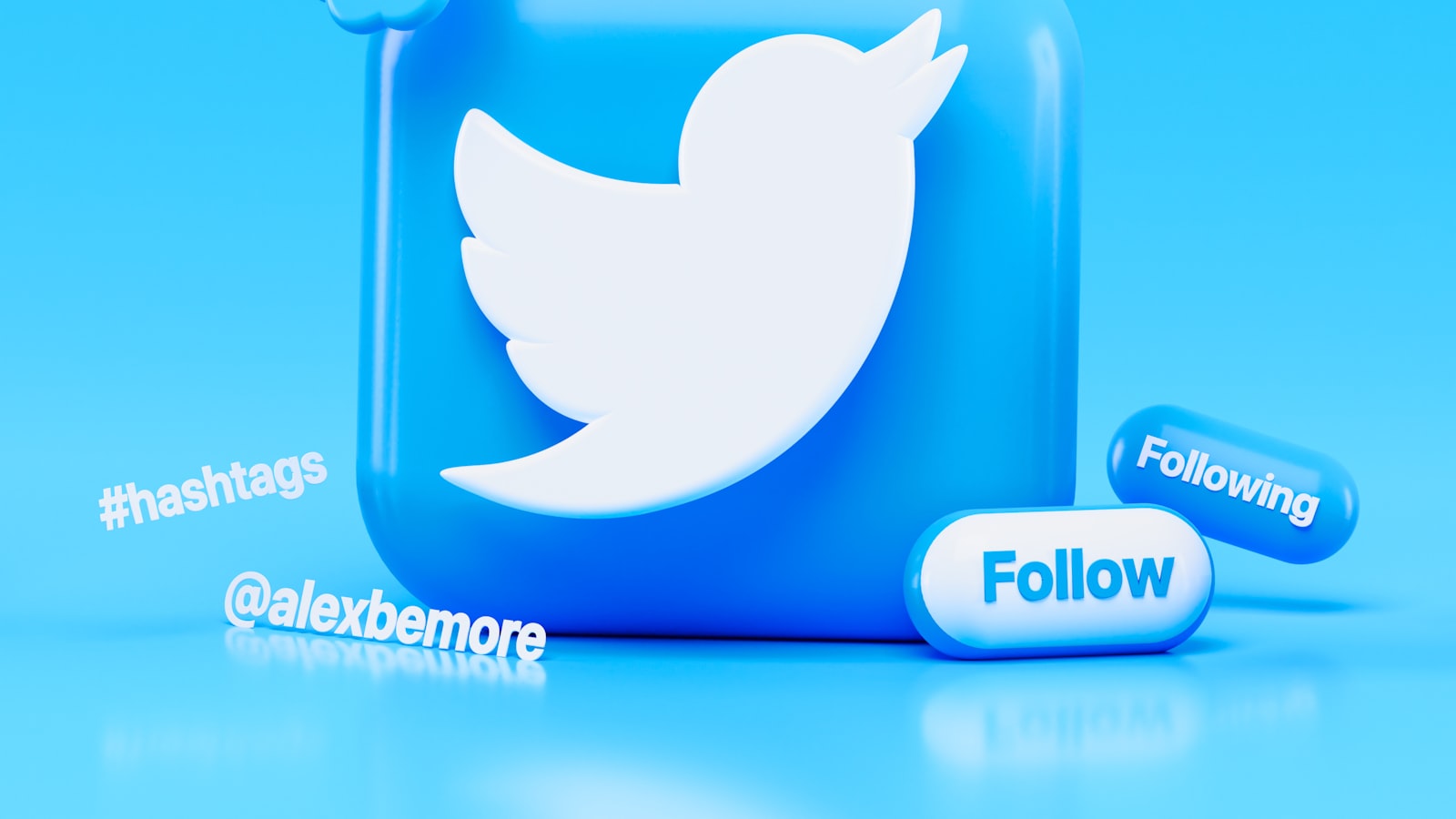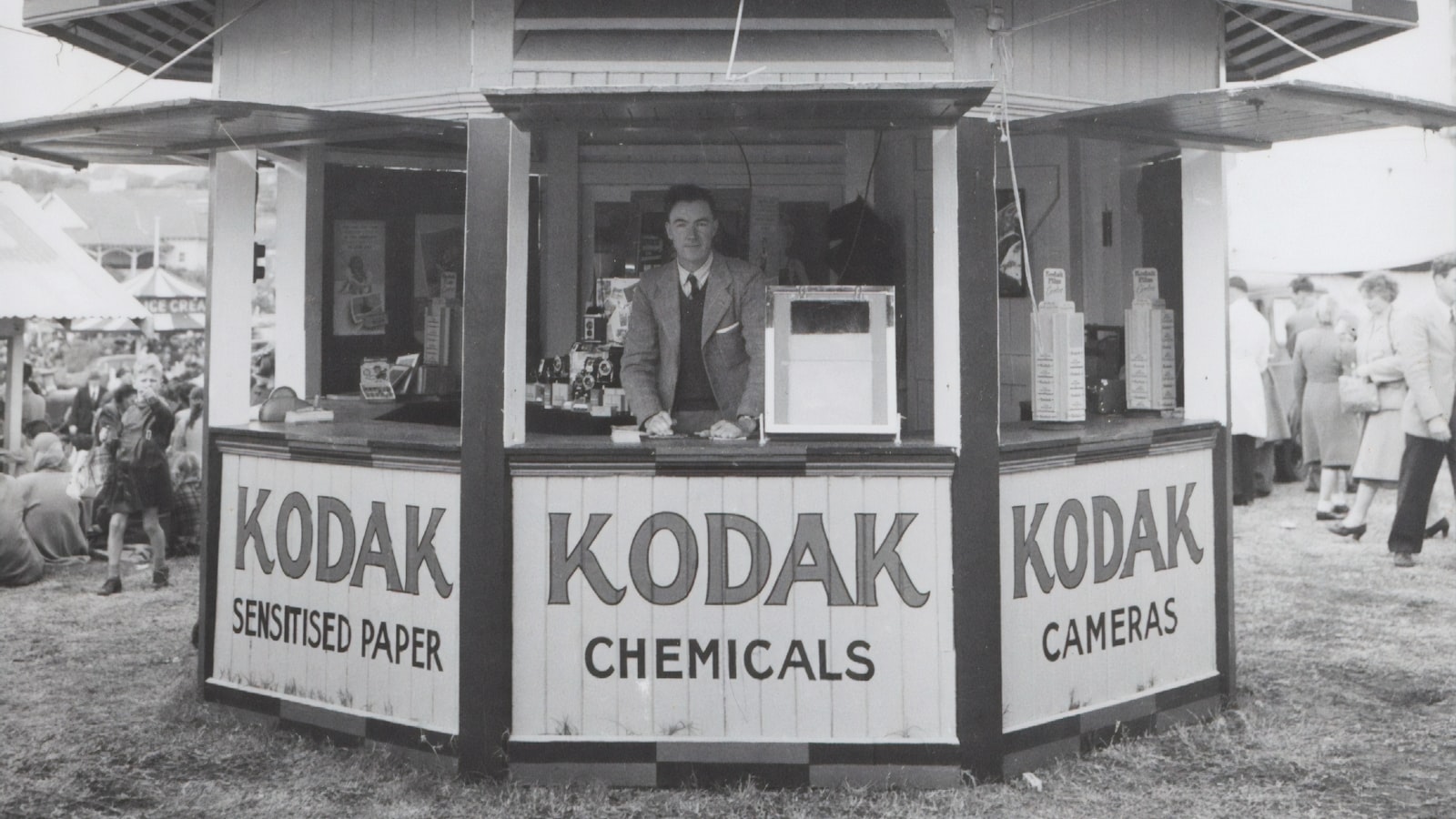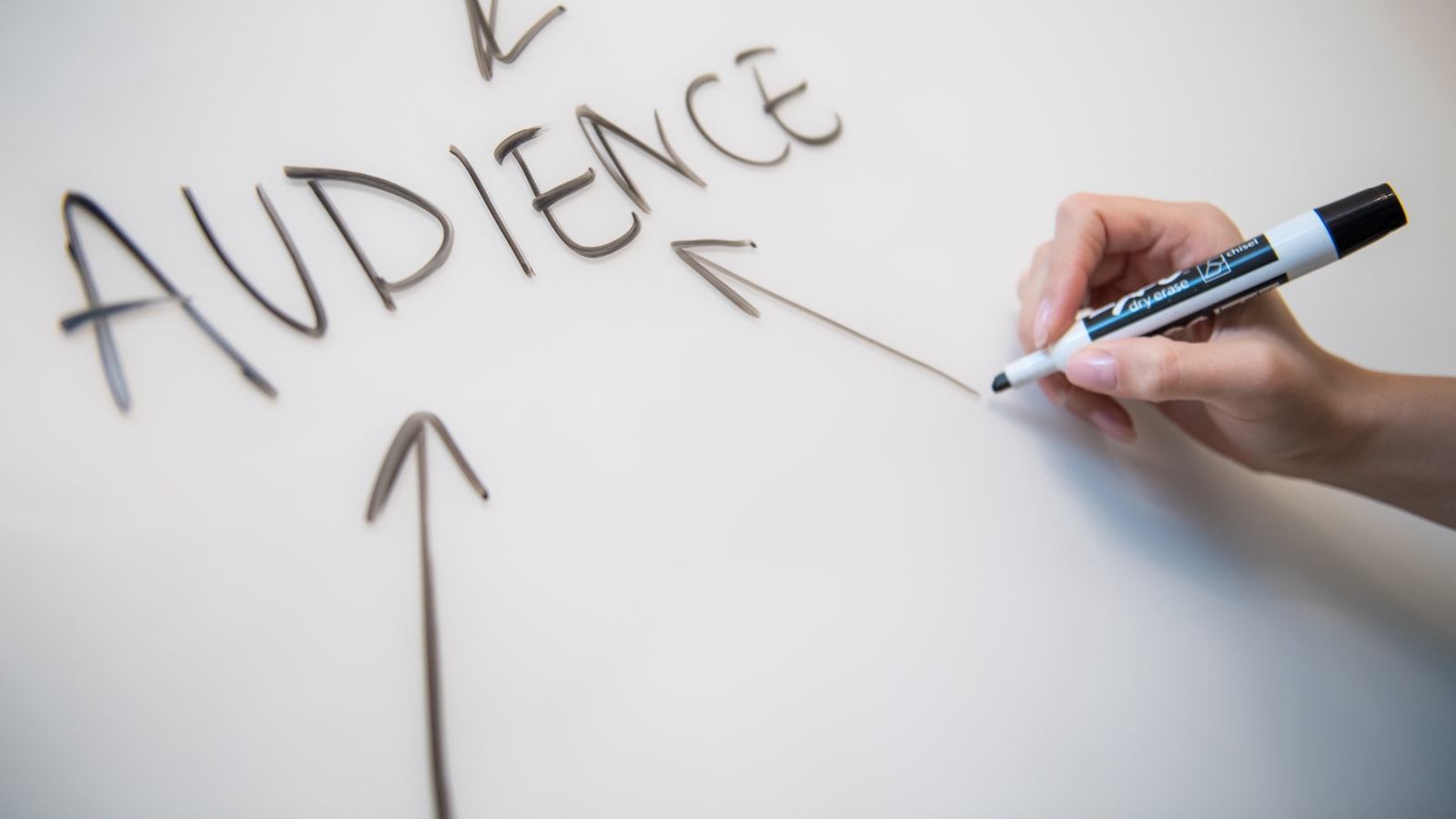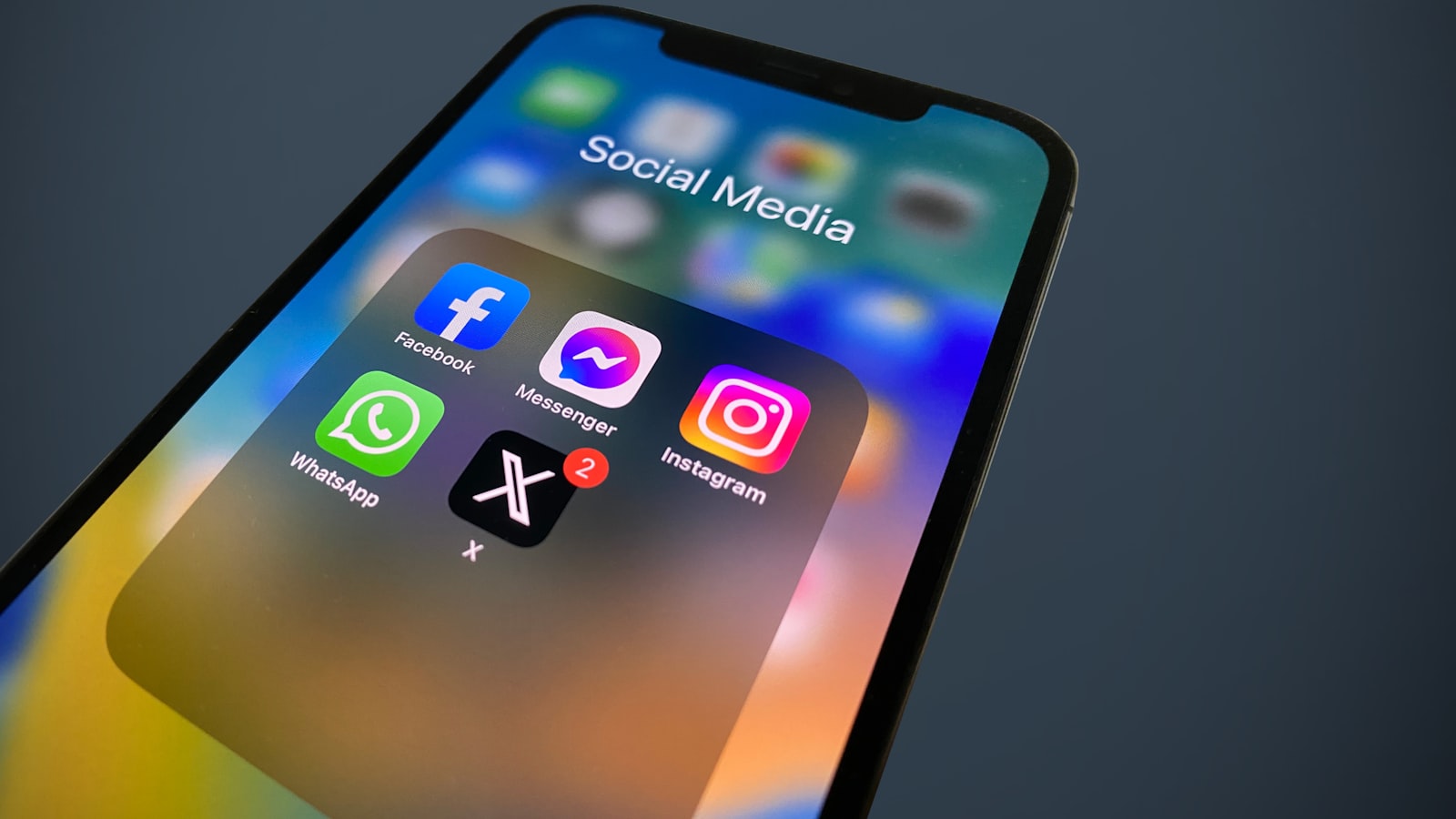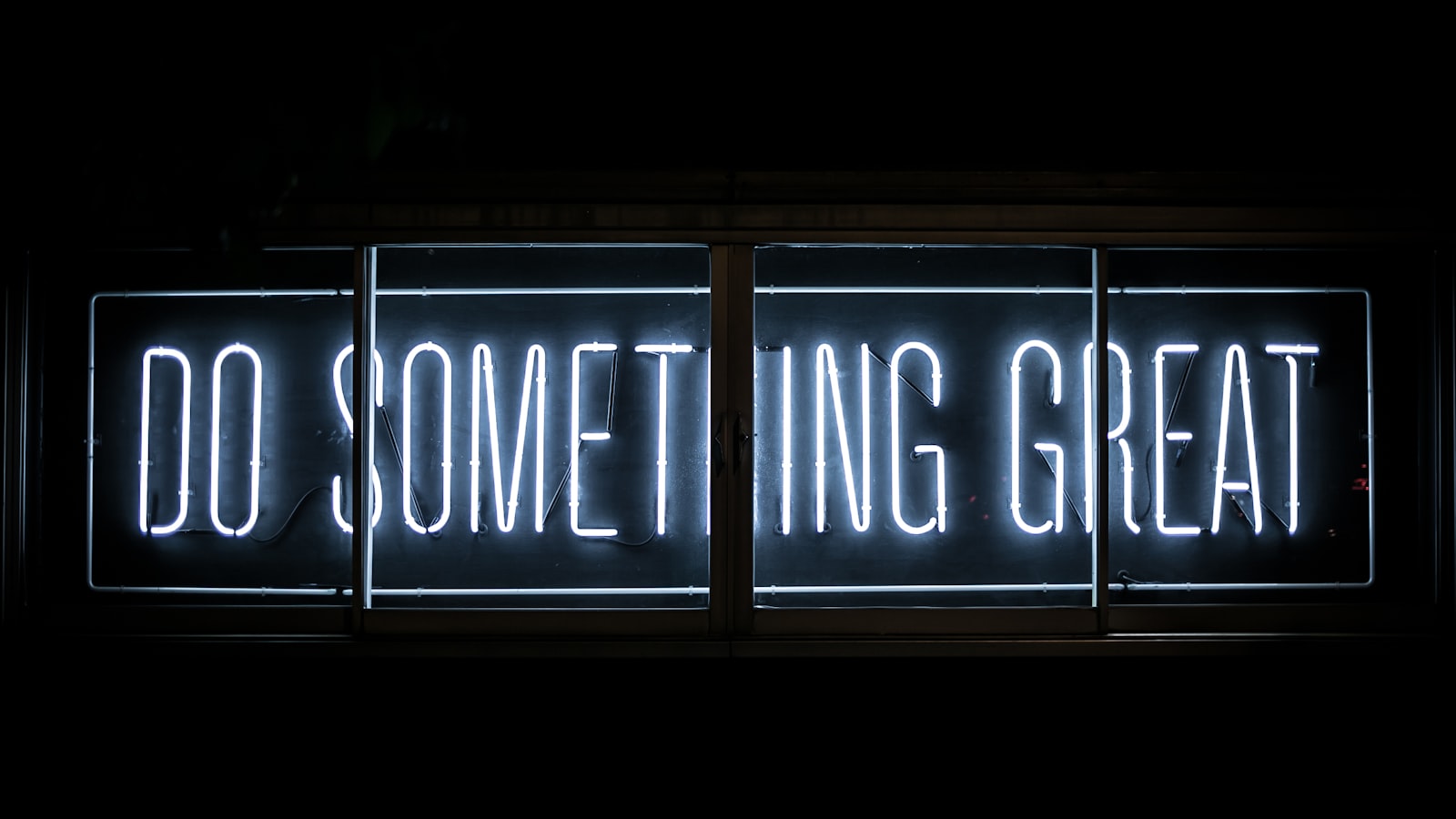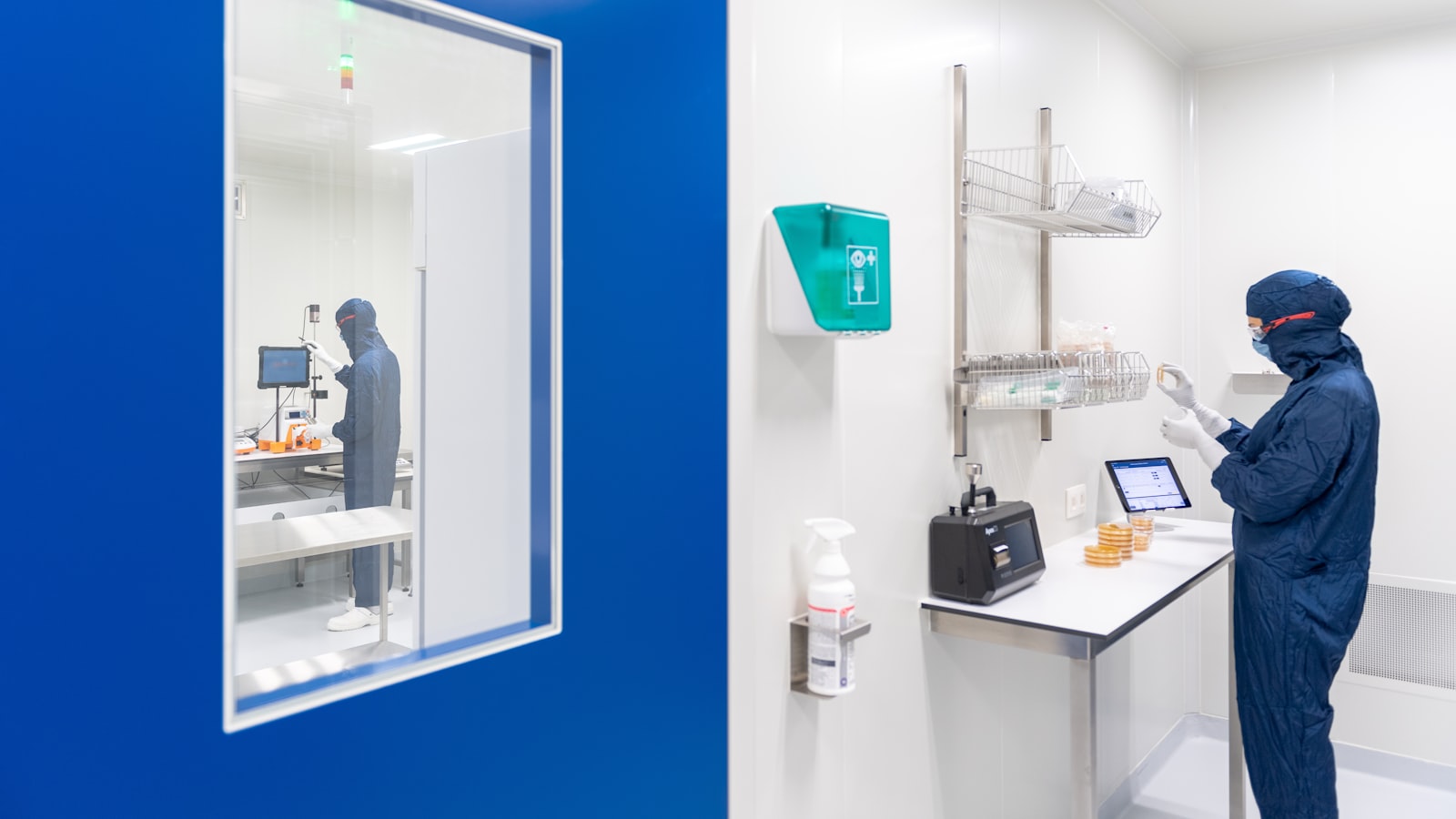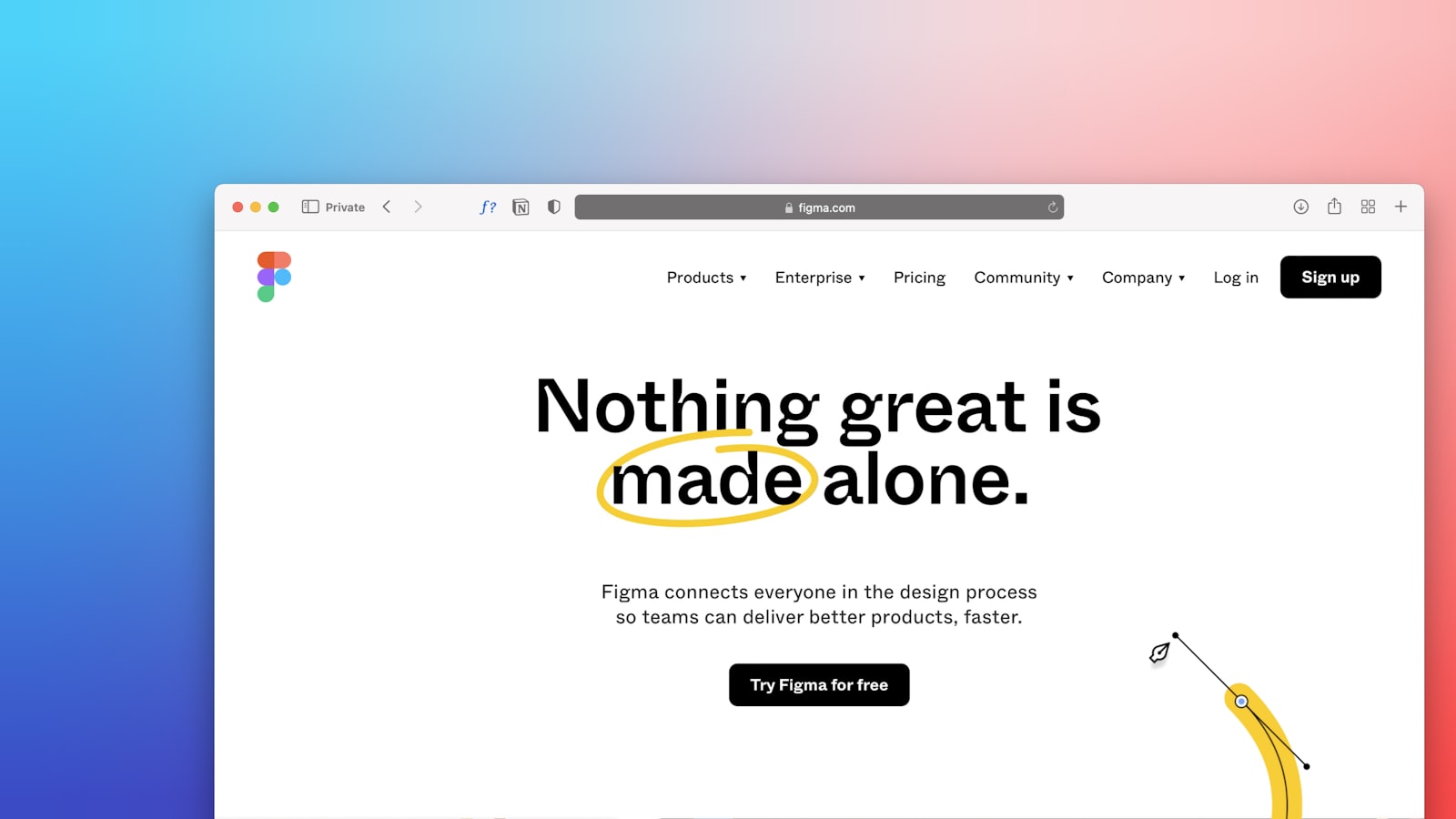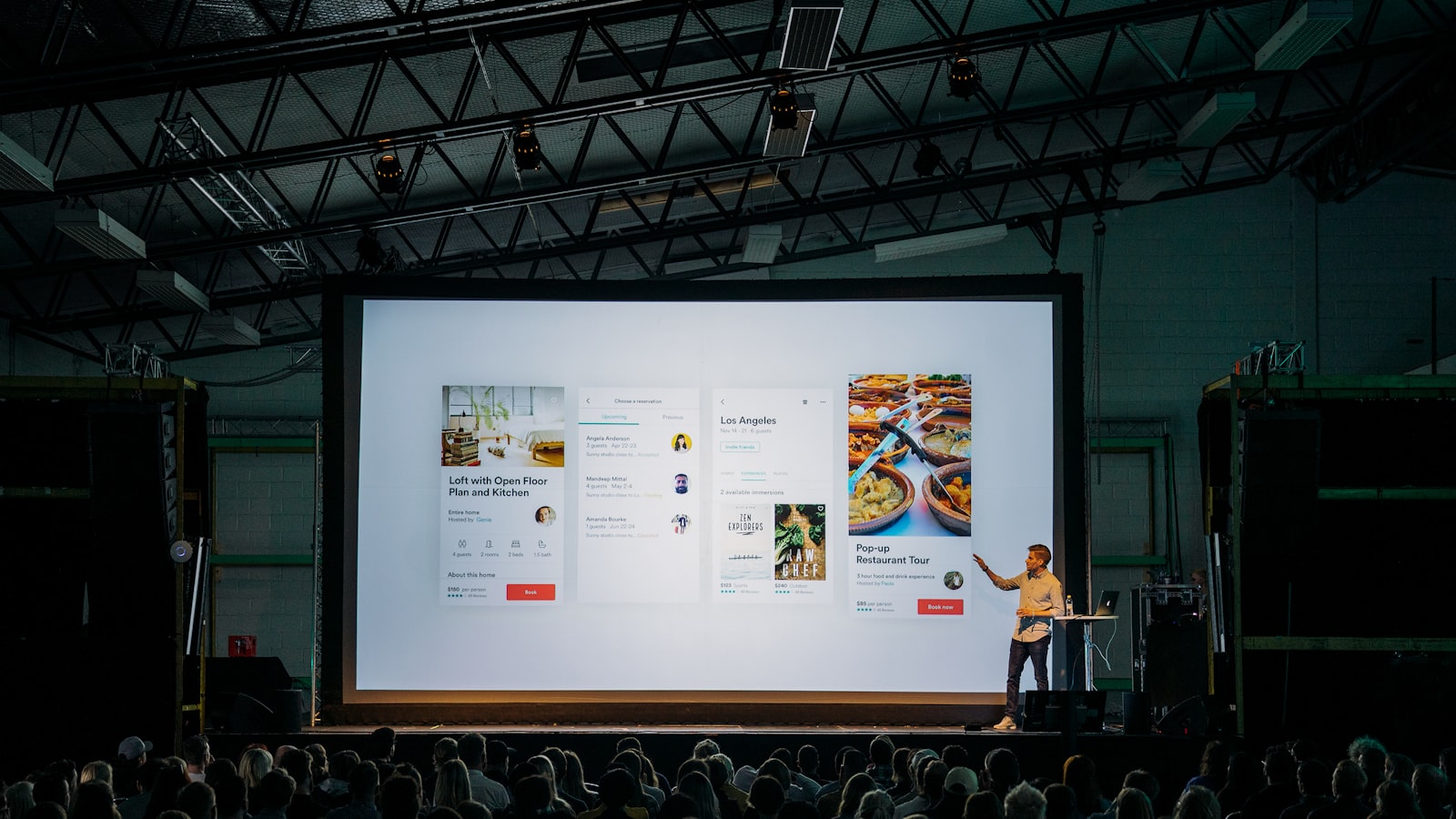Agency vs. Company- Which Is the Right Fit for Your Marketing Needs?
Agency vs. Company- Which Is the Right Fit for Your Marketing Needs?
Agency vs. Company- Which Is the Right Fit for Your Marketing Needs?
Discover whether an agency or company is the ideal choice for your marketing needs. Compare benefits and find the right fit for your business goals.
Discover whether an agency or company is the ideal choice for your marketing needs. Compare benefits and find the right fit for your business goals.



Introduction
Alright, let's cut to the chase: deciding between an agency and an in-house marketing team can feel like choosing between coffee and tea – both have their perks, but which one really gets you going? This decision is crucial for your business's success, and we're here to help you make the right call.
Agency vs. Company: What's the Deal?
When we talk about agency vs. company in the marketing world, we're essentially comparing two different approaches to tackling your marketing needs. An agency is like a Swiss Army knife – versatile, experienced, and ready to handle a variety of tasks. On the other hand, an in-house company team is like a custom-built toolkit – tailored specifically to your brand's unique needs and culture.
Agencies: Think of them as external experts with a broad range of skills and perspectives.
In-House Teams: These are your dedicated warriors, deeply ingrained in your company's mission and vision.
So, which one is right for you? Grab a cup of whatever keeps you alert and dive into this article where we'll break down the pros, cons, and key considerations of each option. By the end, you'll have a clear understanding of which route will drive your marketing strategy to new heights.
Understanding Marketing Agencies
Definition and Scope
What is a marketing agency?
A marketing agency is a business that helps other businesses reach their target audience through various marketing strategies. These agencies can handle everything from digital marketing to traditional advertising, depending on their specialization. They are experts in creating, managing, and optimizing marketing campaigns to achieve specific business goals.
Types of marketing agencies
Marketing agencies come in different shapes and sizes, each with its own specialty. Here are some common types:
Digital Marketing Agencies: Focus on online channels like SEO, PPC, social media, and email marketing.
Creative Agencies: Specialize in branding, design, and creative content production.
Full-Service Agencies: Offer a comprehensive range of services, including both digital and traditional marketing.
Key Roles in a Marketing Agency
Common positions
Marketing agencies employ a variety of specialists to cover all aspects of marketing. Some common positions include:
Account Manager: Acts as the liaison between the client and the agency, ensuring that the client's needs are met.
Creative Director: Leads the creative team in developing innovative concepts and campaigns.
SEO Specialist: Focuses on optimizing websites to improve search engine rankings and drive organic traffic.
Benefits of Hiring a Marketing Agency
Broad range of services
Marketing agencies offer a wide array of services, from content creation to analytics. This means you can get all your marketing needs met under one roof, saving time and effort.
Access to specialized expertise
Agencies bring in specialized knowledge and skills that might be lacking in your in-house team. Whether it's SEO, PPC, or social media marketing, they have experts who know the ins and outs of each field.
Scalability and flexibility
Agencies can scale their services up or down based on your needs. Whether you're launching a major campaign or need ongoing support, they can adjust their efforts accordingly.
Limitations of Marketing Agencies
Potential high costs
Hiring a marketing agency can be expensive, especially for small businesses. It's important to weigh the costs against the potential benefits and ROI.
Less personalized attention
Agencies handle multiple clients, which can sometimes lead to less personalized attention for your business. It's crucial to find an agency that can dedicate enough time and resources to your needs.
Possible communication challenges
Working with an external agency can lead to communication gaps. Clear and consistent communication is key to ensuring that your marketing goals are understood and met.
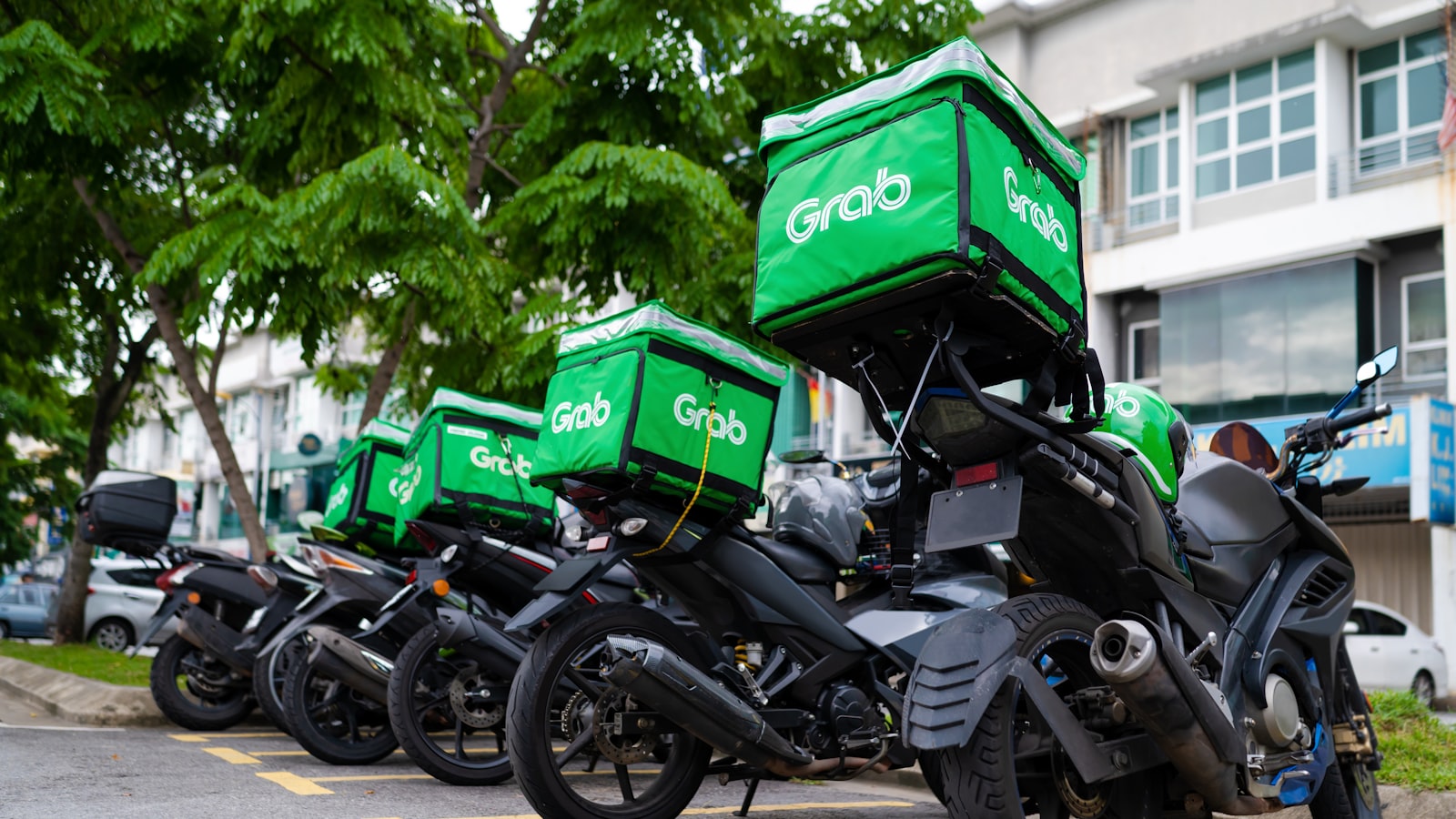
For more insights on selecting the right marketing partner, check out our guides on how to select the best B2B demand generation agency and how to choose the best B2B marketing company.
Understanding In-House Marketing Teams
Definition and Scope
What is an in-house marketing team?
An in-house marketing team consists of employees who work directly for your company, handling all marketing activities internally. Unlike agencies, these teams are fully integrated into the company, providing a deep understanding of the brand and its goals.
Typical structure of an in-house team
In-house marketing teams are usually structured to cover various aspects of marketing, from strategy to execution. A typical team might include specialists in content creation, design, digital marketing, and analytics, all working together to achieve the company's marketing objectives.
Key Roles in an In-House Marketing Team
Common positions
Marketing Manager: Oversees the marketing strategy and ensures alignment with business goals.
Content Creator: Develops engaging content that resonates with the target audience.
Data Analyst: Analyzes marketing data to inform strategy and measure effectiveness.
SEO Specialist: Optimizes content and website structure to improve search engine rankings.
Social Media Manager: Manages social media accounts and engages with the community.
Graphic Designer: Creates visual content that supports marketing campaigns.
Paid Marketing Specialist: Manages paid advertising campaigns across various platforms.
Benefits of an In-House Marketing Team
Deep understanding of the brand
In-house teams live and breathe the brand. They have a profound understanding of the company's values, voice, and goals, which allows for more cohesive and authentic marketing efforts.
Direct control over marketing activities
Having an in-house team means you have direct oversight of all marketing activities. This control allows for quicker decision-making and better alignment with the company's objectives.
Long-term commitment and consistency
In-house teams are dedicated to your company for the long haul. This commitment leads to more consistent branding and messaging over time, as team members are fully invested in the company's success.
Limitations of In-House Marketing Teams
Limited range of expertise
While in-house teams are deeply knowledgeable about the brand, they may lack the breadth of expertise that agencies offer. This limitation can be a drawback when specialized skills are required for certain projects.
Higher fixed costs
Maintaining an in-house team involves significant fixed costs, including salaries, benefits, and training. These costs can be higher than outsourcing to an agency, especially for smaller companies.
Potential for slower innovation
In-house teams might not be as exposed to the latest industry trends and innovations as agencies. This isolation can lead to slower adoption of new techniques and technologies.

For more insights on selecting the best marketing support for your business, check out our guide on how to select the best B2B demand generation agency.
Comparing Marketing Agencies and In-House Teams
Cost Considerations
Initial Investment vs. Long-Term Costs
When comparing marketing agencies and in-house teams, initial investment and long-term costs are crucial factors. Agencies often require a significant upfront investment but can offer more predictable costs over time. In contrast, building an in-house team involves ongoing expenses such as salaries, benefits, and training, which can add up quickly.
Budget Flexibility
Agencies typically provide more budget flexibility. You can scale services up or down based on your needs, making it easier to manage costs. In-house teams, however, come with fixed costs that are harder to adjust, making budget flexibility a challenge.
Expertise and Specialization
Depth vs. Breadth of Knowledge
Agencies often boast a breadth of knowledge, with specialists in various areas like SEO, content creation, and social media. This wide-ranging expertise can be invaluable for comprehensive marketing strategies. On the other hand, in-house teams usually offer depth of knowledge, with team members deeply familiar with your brand and industry.
Access to Cutting-Edge Tools and Techniques
Marketing agencies have access to the latest tools and techniques, ensuring your campaigns are always at the forefront of industry trends. In-house teams may lag in this area due to budget constraints and slower adoption of new technologies.
Flexibility and Scalability
Adapting to Changing Needs
Agencies excel at adapting to changing needs. They can quickly pivot strategies and scale resources to meet new demands. In-house teams, while more stable, may struggle to adapt swiftly due to internal processes and resource limitations.
Handling Peak Workloads
Handling peak workloads is another area where agencies shine. They can allocate additional resources during busy periods, ensuring your marketing efforts don't miss a beat. In-house teams may face challenges during high-demand periods, potentially leading to burnout or missed deadlines.
Control and Communication
Managing Workflows
In-house teams offer greater control over workflows. You can directly manage tasks, timelines, and priorities. Agencies, while efficient, may require more oversight and coordination to ensure alignment with your goals.
Ensuring Alignment with Business Goals
Ensuring alignment with business goals is often easier with in-house teams, as they are embedded within your organization and have a clear understanding of your objectives. Agencies may need more time and effort to fully grasp your business goals, but they bring an external perspective that can be beneficial.

For more insights on selecting the best marketing support, check out our guides on demand generation agencies and B2B marketing companies.
Factors to Consider When Making a Decision
Business Size and Stage
Startups vs. Established Companies
When deciding between an agency and an in-house team, the size and stage of your business play a pivotal role. Startups often benefit from the agility and broad expertise of agencies, which can provide a full suite of services without the overhead of hiring a complete in-house team. On the other hand, established companies might prefer the consistency and brand familiarity that an in-house team offers.
Growth Phase Considerations
Where your business is in its growth phase also matters. Early-stage companies might need the flexibility and scalability that agencies provide, especially when handling rapid growth or pivoting strategies. Conversely, businesses in a more stable phase might find value in the long-term commitment and deeper brand integration of an in-house team.
Marketing Goals and Objectives
Short-Term Campaigns vs. Long-Term Strategies
Your marketing goals will significantly influence your decision. If your focus is on short-term campaigns, such as launching a product or a seasonal promotion, an agency with specialized skills and resources might be ideal. For long-term strategies, like building brand loyalty or content marketing, an in-house team can provide the sustained effort and alignment with your business goals.
Specific Needs (e.g., SEO, Branding, PR)
Different marketing needs call for different expertise. Agencies often have specialized teams for SEO, branding, PR, and more, making them a one-stop shop for diverse marketing requirements. However, if your needs are highly specific and ongoing, building an in-house team with dedicated roles might be more effective.
Budget and Resources
Financial Constraints
Budget is always a critical factor. Agencies can be cost-effective for startups or small businesses that need a wide range of services without the financial burden of hiring a full team. However, the costs can add up over time, making an in-house team a more economical choice for larger companies with steady marketing budgets.
Available Internal Resources
Consider the resources you already have. If you have a strong internal team with some marketing capabilities, an agency can complement and enhance your efforts. Conversely, if you lack internal resources, building an in-house team from scratch might require more investment and time.
Company Culture and Values
Alignment with External Partners
Your company culture and values should align with your marketing partners. Agencies bring fresh perspectives but might not always fully grasp your brand's ethos. Ensuring cultural alignment can lead to more cohesive and effective marketing efforts.
Internal Team Dynamics
Internal team dynamics also matter. An in-house team can foster a strong, unified approach to marketing, deeply rooted in your company culture. However, integrating an agency's external team requires clear communication and a shared vision to avoid misalignment.

For more insights on selecting the right marketing partner, check out our guides on selecting the best B2B demand generation agency and choosing the best B2B marketing company.
Case Studies and Real-World Examples

Successful Agency Collaborations
Case study 1: Starbucks
Starbucks teamed up with a digital marketing agency to revamp its online presence. The agency implemented a comprehensive social media strategy, which included targeted ads and engaging content. As a result, Starbucks saw a 20% increase in online engagement and a significant boost in sales.
For more tips on selecting the best agency, check out our guide on how to select the best B2B demand generation agency for your business.
Case study 2: Nike
Nike collaborated with a creative agency to launch a new product line. The agency developed an innovative campaign that combined influencer marketing and immersive experiences. This collaboration led to a 30% increase in product sales within the first quarter.
If you're considering a similar approach, read our article on how to choose the best B2B marketing company for your business.
Successful In-House Teams
Case study 1: HubSpot
HubSpot's in-house marketing team has been instrumental in driving the company's growth. By leveraging their deep understanding of the brand, the team has created cohesive and effective marketing strategies that align with the company's goals. This approach has resulted in consistent lead generation and customer retention.
Case study 2: Spotify
Spotify's in-house team has successfully managed numerous marketing campaigns, including personalized playlists and year-end summaries. Their ability to directly control marketing activities has led to a highly personalized user experience, contributing to Spotify's rapid growth and market dominance.
For more insights on building an effective in-house team, explore our guide on how to evaluate and choose the best SaaS PPC agency for your business.
Conclusion

Summary of Key Points
Choosing between an agency and an in-house marketing team is a crucial decision for any business. We've covered the definitions, structures, and key roles of both options. Agencies offer a broad range of services, specialized expertise, and scalability, but they can be costly and might lack personalized attention. In-house teams provide deep brand understanding, direct control, and consistency, but they may face limitations in expertise and higher fixed costs.
Final Recommendations Based on Different Business Scenarios
Startups: If you're a startup with limited resources, an agency might be a better fit due to its flexibility and access to a wide range of expertise. For more insights, check out our guide on selecting the best B2B demand generation agency.
Established Companies: Larger, established companies might benefit from an in-house team that can align closely with long-term business goals and maintain brand consistency. For tips on building an effective in-house team, read our article on choosing the best B2B marketing company.
Growth Phase: Companies in a growth phase might consider a hybrid approach, leveraging both in-house teams for core activities and agencies for specialized projects. For advice on evaluating agency options, see our post on choosing the best SaaS PPC agency.
Encouragement to Assess Specific Needs Before Making a Decision
Ultimately, the right choice depends on your specific business needs, goals, and resources. Take the time to assess your marketing objectives, budget, and internal capabilities. Whether you opt for an agency or an in-house team, the key is to ensure that your marketing strategy aligns with your overall business goals and values.
For further guidance, explore our detailed guide on selecting the best B2B PPC agency.
FAQs
Common Questions About Marketing Agencies
What services do marketing agencies typically offer?
Marketing agencies provide a wide range of services designed to enhance your brand's visibility and performance. These services can include:
Digital Marketing: SEO, PPC, social media marketing, email marketing.
Creative Services: Graphic design, video production, content creation.
Branding: Brand strategy, logo design, brand messaging.
Market Research: Consumer insights, competitor analysis, market trends.
Public Relations: Media relations, press releases, event planning.
How do I choose the right marketing agency?
Choosing the right marketing agency involves several key steps:
Define Your Goals: Clearly outline your marketing objectives.
Research Agencies: Look for agencies with experience in your industry.
Check References: Read reviews and case studies to gauge past performance.
Evaluate Services: Ensure the agency offers the services you need.
Assess Communication: Choose an agency with strong communication skills.
For more detailed guidance, check out our article on how to select the best B2B demand generation agency for your business.
Common Questions About In-House Marketing Teams
How do I build an effective in-house marketing team?
Building a successful in-house marketing team requires careful planning:
Identify Key Roles: Determine the essential positions such as Marketing Manager, Content Creator, and Data Analyst.
Hire Skilled Professionals: Look for candidates with the right mix of experience and creativity.
Foster Collaboration: Encourage teamwork and open communication.
Invest in Training: Provide ongoing education to keep your team updated on the latest trends and tools.
What are the costs associated with an in-house marketing team?
The costs of maintaining an in-house marketing team can vary widely, but typically include:
Salaries: Competitive wages for skilled marketing professionals.
Benefits: Health insurance, retirement plans, and other perks.
Training and Development: Budget for continuous learning and professional growth.
Tools and Software: Subscriptions to marketing tools and platforms.
For a comprehensive breakdown, see our guide on how to choose the best B2B marketing company for your business.

Introduction
Alright, let's cut to the chase: deciding between an agency and an in-house marketing team can feel like choosing between coffee and tea – both have their perks, but which one really gets you going? This decision is crucial for your business's success, and we're here to help you make the right call.
Agency vs. Company: What's the Deal?
When we talk about agency vs. company in the marketing world, we're essentially comparing two different approaches to tackling your marketing needs. An agency is like a Swiss Army knife – versatile, experienced, and ready to handle a variety of tasks. On the other hand, an in-house company team is like a custom-built toolkit – tailored specifically to your brand's unique needs and culture.
Agencies: Think of them as external experts with a broad range of skills and perspectives.
In-House Teams: These are your dedicated warriors, deeply ingrained in your company's mission and vision.
So, which one is right for you? Grab a cup of whatever keeps you alert and dive into this article where we'll break down the pros, cons, and key considerations of each option. By the end, you'll have a clear understanding of which route will drive your marketing strategy to new heights.
Understanding Marketing Agencies
Definition and Scope
What is a marketing agency?
A marketing agency is a business that helps other businesses reach their target audience through various marketing strategies. These agencies can handle everything from digital marketing to traditional advertising, depending on their specialization. They are experts in creating, managing, and optimizing marketing campaigns to achieve specific business goals.
Types of marketing agencies
Marketing agencies come in different shapes and sizes, each with its own specialty. Here are some common types:
Digital Marketing Agencies: Focus on online channels like SEO, PPC, social media, and email marketing.
Creative Agencies: Specialize in branding, design, and creative content production.
Full-Service Agencies: Offer a comprehensive range of services, including both digital and traditional marketing.
Key Roles in a Marketing Agency
Common positions
Marketing agencies employ a variety of specialists to cover all aspects of marketing. Some common positions include:
Account Manager: Acts as the liaison between the client and the agency, ensuring that the client's needs are met.
Creative Director: Leads the creative team in developing innovative concepts and campaigns.
SEO Specialist: Focuses on optimizing websites to improve search engine rankings and drive organic traffic.
Benefits of Hiring a Marketing Agency
Broad range of services
Marketing agencies offer a wide array of services, from content creation to analytics. This means you can get all your marketing needs met under one roof, saving time and effort.
Access to specialized expertise
Agencies bring in specialized knowledge and skills that might be lacking in your in-house team. Whether it's SEO, PPC, or social media marketing, they have experts who know the ins and outs of each field.
Scalability and flexibility
Agencies can scale their services up or down based on your needs. Whether you're launching a major campaign or need ongoing support, they can adjust their efforts accordingly.
Limitations of Marketing Agencies
Potential high costs
Hiring a marketing agency can be expensive, especially for small businesses. It's important to weigh the costs against the potential benefits and ROI.
Less personalized attention
Agencies handle multiple clients, which can sometimes lead to less personalized attention for your business. It's crucial to find an agency that can dedicate enough time and resources to your needs.
Possible communication challenges
Working with an external agency can lead to communication gaps. Clear and consistent communication is key to ensuring that your marketing goals are understood and met.

For more insights on selecting the right marketing partner, check out our guides on how to select the best B2B demand generation agency and how to choose the best B2B marketing company.
Understanding In-House Marketing Teams
Definition and Scope
What is an in-house marketing team?
An in-house marketing team consists of employees who work directly for your company, handling all marketing activities internally. Unlike agencies, these teams are fully integrated into the company, providing a deep understanding of the brand and its goals.
Typical structure of an in-house team
In-house marketing teams are usually structured to cover various aspects of marketing, from strategy to execution. A typical team might include specialists in content creation, design, digital marketing, and analytics, all working together to achieve the company's marketing objectives.
Key Roles in an In-House Marketing Team
Common positions
Marketing Manager: Oversees the marketing strategy and ensures alignment with business goals.
Content Creator: Develops engaging content that resonates with the target audience.
Data Analyst: Analyzes marketing data to inform strategy and measure effectiveness.
SEO Specialist: Optimizes content and website structure to improve search engine rankings.
Social Media Manager: Manages social media accounts and engages with the community.
Graphic Designer: Creates visual content that supports marketing campaigns.
Paid Marketing Specialist: Manages paid advertising campaigns across various platforms.
Benefits of an In-House Marketing Team
Deep understanding of the brand
In-house teams live and breathe the brand. They have a profound understanding of the company's values, voice, and goals, which allows for more cohesive and authentic marketing efforts.
Direct control over marketing activities
Having an in-house team means you have direct oversight of all marketing activities. This control allows for quicker decision-making and better alignment with the company's objectives.
Long-term commitment and consistency
In-house teams are dedicated to your company for the long haul. This commitment leads to more consistent branding and messaging over time, as team members are fully invested in the company's success.
Limitations of In-House Marketing Teams
Limited range of expertise
While in-house teams are deeply knowledgeable about the brand, they may lack the breadth of expertise that agencies offer. This limitation can be a drawback when specialized skills are required for certain projects.
Higher fixed costs
Maintaining an in-house team involves significant fixed costs, including salaries, benefits, and training. These costs can be higher than outsourcing to an agency, especially for smaller companies.
Potential for slower innovation
In-house teams might not be as exposed to the latest industry trends and innovations as agencies. This isolation can lead to slower adoption of new techniques and technologies.

For more insights on selecting the best marketing support for your business, check out our guide on how to select the best B2B demand generation agency.
Comparing Marketing Agencies and In-House Teams
Cost Considerations
Initial Investment vs. Long-Term Costs
When comparing marketing agencies and in-house teams, initial investment and long-term costs are crucial factors. Agencies often require a significant upfront investment but can offer more predictable costs over time. In contrast, building an in-house team involves ongoing expenses such as salaries, benefits, and training, which can add up quickly.
Budget Flexibility
Agencies typically provide more budget flexibility. You can scale services up or down based on your needs, making it easier to manage costs. In-house teams, however, come with fixed costs that are harder to adjust, making budget flexibility a challenge.
Expertise and Specialization
Depth vs. Breadth of Knowledge
Agencies often boast a breadth of knowledge, with specialists in various areas like SEO, content creation, and social media. This wide-ranging expertise can be invaluable for comprehensive marketing strategies. On the other hand, in-house teams usually offer depth of knowledge, with team members deeply familiar with your brand and industry.
Access to Cutting-Edge Tools and Techniques
Marketing agencies have access to the latest tools and techniques, ensuring your campaigns are always at the forefront of industry trends. In-house teams may lag in this area due to budget constraints and slower adoption of new technologies.
Flexibility and Scalability
Adapting to Changing Needs
Agencies excel at adapting to changing needs. They can quickly pivot strategies and scale resources to meet new demands. In-house teams, while more stable, may struggle to adapt swiftly due to internal processes and resource limitations.
Handling Peak Workloads
Handling peak workloads is another area where agencies shine. They can allocate additional resources during busy periods, ensuring your marketing efforts don't miss a beat. In-house teams may face challenges during high-demand periods, potentially leading to burnout or missed deadlines.
Control and Communication
Managing Workflows
In-house teams offer greater control over workflows. You can directly manage tasks, timelines, and priorities. Agencies, while efficient, may require more oversight and coordination to ensure alignment with your goals.
Ensuring Alignment with Business Goals
Ensuring alignment with business goals is often easier with in-house teams, as they are embedded within your organization and have a clear understanding of your objectives. Agencies may need more time and effort to fully grasp your business goals, but they bring an external perspective that can be beneficial.

For more insights on selecting the best marketing support, check out our guides on demand generation agencies and B2B marketing companies.
Factors to Consider When Making a Decision
Business Size and Stage
Startups vs. Established Companies
When deciding between an agency and an in-house team, the size and stage of your business play a pivotal role. Startups often benefit from the agility and broad expertise of agencies, which can provide a full suite of services without the overhead of hiring a complete in-house team. On the other hand, established companies might prefer the consistency and brand familiarity that an in-house team offers.
Growth Phase Considerations
Where your business is in its growth phase also matters. Early-stage companies might need the flexibility and scalability that agencies provide, especially when handling rapid growth or pivoting strategies. Conversely, businesses in a more stable phase might find value in the long-term commitment and deeper brand integration of an in-house team.
Marketing Goals and Objectives
Short-Term Campaigns vs. Long-Term Strategies
Your marketing goals will significantly influence your decision. If your focus is on short-term campaigns, such as launching a product or a seasonal promotion, an agency with specialized skills and resources might be ideal. For long-term strategies, like building brand loyalty or content marketing, an in-house team can provide the sustained effort and alignment with your business goals.
Specific Needs (e.g., SEO, Branding, PR)
Different marketing needs call for different expertise. Agencies often have specialized teams for SEO, branding, PR, and more, making them a one-stop shop for diverse marketing requirements. However, if your needs are highly specific and ongoing, building an in-house team with dedicated roles might be more effective.
Budget and Resources
Financial Constraints
Budget is always a critical factor. Agencies can be cost-effective for startups or small businesses that need a wide range of services without the financial burden of hiring a full team. However, the costs can add up over time, making an in-house team a more economical choice for larger companies with steady marketing budgets.
Available Internal Resources
Consider the resources you already have. If you have a strong internal team with some marketing capabilities, an agency can complement and enhance your efforts. Conversely, if you lack internal resources, building an in-house team from scratch might require more investment and time.
Company Culture and Values
Alignment with External Partners
Your company culture and values should align with your marketing partners. Agencies bring fresh perspectives but might not always fully grasp your brand's ethos. Ensuring cultural alignment can lead to more cohesive and effective marketing efforts.
Internal Team Dynamics
Internal team dynamics also matter. An in-house team can foster a strong, unified approach to marketing, deeply rooted in your company culture. However, integrating an agency's external team requires clear communication and a shared vision to avoid misalignment.

For more insights on selecting the right marketing partner, check out our guides on selecting the best B2B demand generation agency and choosing the best B2B marketing company.
Case Studies and Real-World Examples

Successful Agency Collaborations
Case study 1: Starbucks
Starbucks teamed up with a digital marketing agency to revamp its online presence. The agency implemented a comprehensive social media strategy, which included targeted ads and engaging content. As a result, Starbucks saw a 20% increase in online engagement and a significant boost in sales.
For more tips on selecting the best agency, check out our guide on how to select the best B2B demand generation agency for your business.
Case study 2: Nike
Nike collaborated with a creative agency to launch a new product line. The agency developed an innovative campaign that combined influencer marketing and immersive experiences. This collaboration led to a 30% increase in product sales within the first quarter.
If you're considering a similar approach, read our article on how to choose the best B2B marketing company for your business.
Successful In-House Teams
Case study 1: HubSpot
HubSpot's in-house marketing team has been instrumental in driving the company's growth. By leveraging their deep understanding of the brand, the team has created cohesive and effective marketing strategies that align with the company's goals. This approach has resulted in consistent lead generation and customer retention.
Case study 2: Spotify
Spotify's in-house team has successfully managed numerous marketing campaigns, including personalized playlists and year-end summaries. Their ability to directly control marketing activities has led to a highly personalized user experience, contributing to Spotify's rapid growth and market dominance.
For more insights on building an effective in-house team, explore our guide on how to evaluate and choose the best SaaS PPC agency for your business.
Conclusion

Summary of Key Points
Choosing between an agency and an in-house marketing team is a crucial decision for any business. We've covered the definitions, structures, and key roles of both options. Agencies offer a broad range of services, specialized expertise, and scalability, but they can be costly and might lack personalized attention. In-house teams provide deep brand understanding, direct control, and consistency, but they may face limitations in expertise and higher fixed costs.
Final Recommendations Based on Different Business Scenarios
Startups: If you're a startup with limited resources, an agency might be a better fit due to its flexibility and access to a wide range of expertise. For more insights, check out our guide on selecting the best B2B demand generation agency.
Established Companies: Larger, established companies might benefit from an in-house team that can align closely with long-term business goals and maintain brand consistency. For tips on building an effective in-house team, read our article on choosing the best B2B marketing company.
Growth Phase: Companies in a growth phase might consider a hybrid approach, leveraging both in-house teams for core activities and agencies for specialized projects. For advice on evaluating agency options, see our post on choosing the best SaaS PPC agency.
Encouragement to Assess Specific Needs Before Making a Decision
Ultimately, the right choice depends on your specific business needs, goals, and resources. Take the time to assess your marketing objectives, budget, and internal capabilities. Whether you opt for an agency or an in-house team, the key is to ensure that your marketing strategy aligns with your overall business goals and values.
For further guidance, explore our detailed guide on selecting the best B2B PPC agency.
FAQs
Common Questions About Marketing Agencies
What services do marketing agencies typically offer?
Marketing agencies provide a wide range of services designed to enhance your brand's visibility and performance. These services can include:
Digital Marketing: SEO, PPC, social media marketing, email marketing.
Creative Services: Graphic design, video production, content creation.
Branding: Brand strategy, logo design, brand messaging.
Market Research: Consumer insights, competitor analysis, market trends.
Public Relations: Media relations, press releases, event planning.
How do I choose the right marketing agency?
Choosing the right marketing agency involves several key steps:
Define Your Goals: Clearly outline your marketing objectives.
Research Agencies: Look for agencies with experience in your industry.
Check References: Read reviews and case studies to gauge past performance.
Evaluate Services: Ensure the agency offers the services you need.
Assess Communication: Choose an agency with strong communication skills.
For more detailed guidance, check out our article on how to select the best B2B demand generation agency for your business.
Common Questions About In-House Marketing Teams
How do I build an effective in-house marketing team?
Building a successful in-house marketing team requires careful planning:
Identify Key Roles: Determine the essential positions such as Marketing Manager, Content Creator, and Data Analyst.
Hire Skilled Professionals: Look for candidates with the right mix of experience and creativity.
Foster Collaboration: Encourage teamwork and open communication.
Invest in Training: Provide ongoing education to keep your team updated on the latest trends and tools.
What are the costs associated with an in-house marketing team?
The costs of maintaining an in-house marketing team can vary widely, but typically include:
Salaries: Competitive wages for skilled marketing professionals.
Benefits: Health insurance, retirement plans, and other perks.
Training and Development: Budget for continuous learning and professional growth.
Tools and Software: Subscriptions to marketing tools and platforms.
For a comprehensive breakdown, see our guide on how to choose the best B2B marketing company for your business.

Introduction
Alright, let's cut to the chase: deciding between an agency and an in-house marketing team can feel like choosing between coffee and tea – both have their perks, but which one really gets you going? This decision is crucial for your business's success, and we're here to help you make the right call.
Agency vs. Company: What's the Deal?
When we talk about agency vs. company in the marketing world, we're essentially comparing two different approaches to tackling your marketing needs. An agency is like a Swiss Army knife – versatile, experienced, and ready to handle a variety of tasks. On the other hand, an in-house company team is like a custom-built toolkit – tailored specifically to your brand's unique needs and culture.
Agencies: Think of them as external experts with a broad range of skills and perspectives.
In-House Teams: These are your dedicated warriors, deeply ingrained in your company's mission and vision.
So, which one is right for you? Grab a cup of whatever keeps you alert and dive into this article where we'll break down the pros, cons, and key considerations of each option. By the end, you'll have a clear understanding of which route will drive your marketing strategy to new heights.
Understanding Marketing Agencies
Definition and Scope
What is a marketing agency?
A marketing agency is a business that helps other businesses reach their target audience through various marketing strategies. These agencies can handle everything from digital marketing to traditional advertising, depending on their specialization. They are experts in creating, managing, and optimizing marketing campaigns to achieve specific business goals.
Types of marketing agencies
Marketing agencies come in different shapes and sizes, each with its own specialty. Here are some common types:
Digital Marketing Agencies: Focus on online channels like SEO, PPC, social media, and email marketing.
Creative Agencies: Specialize in branding, design, and creative content production.
Full-Service Agencies: Offer a comprehensive range of services, including both digital and traditional marketing.
Key Roles in a Marketing Agency
Common positions
Marketing agencies employ a variety of specialists to cover all aspects of marketing. Some common positions include:
Account Manager: Acts as the liaison between the client and the agency, ensuring that the client's needs are met.
Creative Director: Leads the creative team in developing innovative concepts and campaigns.
SEO Specialist: Focuses on optimizing websites to improve search engine rankings and drive organic traffic.
Benefits of Hiring a Marketing Agency
Broad range of services
Marketing agencies offer a wide array of services, from content creation to analytics. This means you can get all your marketing needs met under one roof, saving time and effort.
Access to specialized expertise
Agencies bring in specialized knowledge and skills that might be lacking in your in-house team. Whether it's SEO, PPC, or social media marketing, they have experts who know the ins and outs of each field.
Scalability and flexibility
Agencies can scale their services up or down based on your needs. Whether you're launching a major campaign or need ongoing support, they can adjust their efforts accordingly.
Limitations of Marketing Agencies
Potential high costs
Hiring a marketing agency can be expensive, especially for small businesses. It's important to weigh the costs against the potential benefits and ROI.
Less personalized attention
Agencies handle multiple clients, which can sometimes lead to less personalized attention for your business. It's crucial to find an agency that can dedicate enough time and resources to your needs.
Possible communication challenges
Working with an external agency can lead to communication gaps. Clear and consistent communication is key to ensuring that your marketing goals are understood and met.

For more insights on selecting the right marketing partner, check out our guides on how to select the best B2B demand generation agency and how to choose the best B2B marketing company.
Understanding In-House Marketing Teams
Definition and Scope
What is an in-house marketing team?
An in-house marketing team consists of employees who work directly for your company, handling all marketing activities internally. Unlike agencies, these teams are fully integrated into the company, providing a deep understanding of the brand and its goals.
Typical structure of an in-house team
In-house marketing teams are usually structured to cover various aspects of marketing, from strategy to execution. A typical team might include specialists in content creation, design, digital marketing, and analytics, all working together to achieve the company's marketing objectives.
Key Roles in an In-House Marketing Team
Common positions
Marketing Manager: Oversees the marketing strategy and ensures alignment with business goals.
Content Creator: Develops engaging content that resonates with the target audience.
Data Analyst: Analyzes marketing data to inform strategy and measure effectiveness.
SEO Specialist: Optimizes content and website structure to improve search engine rankings.
Social Media Manager: Manages social media accounts and engages with the community.
Graphic Designer: Creates visual content that supports marketing campaigns.
Paid Marketing Specialist: Manages paid advertising campaigns across various platforms.
Benefits of an In-House Marketing Team
Deep understanding of the brand
In-house teams live and breathe the brand. They have a profound understanding of the company's values, voice, and goals, which allows for more cohesive and authentic marketing efforts.
Direct control over marketing activities
Having an in-house team means you have direct oversight of all marketing activities. This control allows for quicker decision-making and better alignment with the company's objectives.
Long-term commitment and consistency
In-house teams are dedicated to your company for the long haul. This commitment leads to more consistent branding and messaging over time, as team members are fully invested in the company's success.
Limitations of In-House Marketing Teams
Limited range of expertise
While in-house teams are deeply knowledgeable about the brand, they may lack the breadth of expertise that agencies offer. This limitation can be a drawback when specialized skills are required for certain projects.
Higher fixed costs
Maintaining an in-house team involves significant fixed costs, including salaries, benefits, and training. These costs can be higher than outsourcing to an agency, especially for smaller companies.
Potential for slower innovation
In-house teams might not be as exposed to the latest industry trends and innovations as agencies. This isolation can lead to slower adoption of new techniques and technologies.

For more insights on selecting the best marketing support for your business, check out our guide on how to select the best B2B demand generation agency.
Comparing Marketing Agencies and In-House Teams
Cost Considerations
Initial Investment vs. Long-Term Costs
When comparing marketing agencies and in-house teams, initial investment and long-term costs are crucial factors. Agencies often require a significant upfront investment but can offer more predictable costs over time. In contrast, building an in-house team involves ongoing expenses such as salaries, benefits, and training, which can add up quickly.
Budget Flexibility
Agencies typically provide more budget flexibility. You can scale services up or down based on your needs, making it easier to manage costs. In-house teams, however, come with fixed costs that are harder to adjust, making budget flexibility a challenge.
Expertise and Specialization
Depth vs. Breadth of Knowledge
Agencies often boast a breadth of knowledge, with specialists in various areas like SEO, content creation, and social media. This wide-ranging expertise can be invaluable for comprehensive marketing strategies. On the other hand, in-house teams usually offer depth of knowledge, with team members deeply familiar with your brand and industry.
Access to Cutting-Edge Tools and Techniques
Marketing agencies have access to the latest tools and techniques, ensuring your campaigns are always at the forefront of industry trends. In-house teams may lag in this area due to budget constraints and slower adoption of new technologies.
Flexibility and Scalability
Adapting to Changing Needs
Agencies excel at adapting to changing needs. They can quickly pivot strategies and scale resources to meet new demands. In-house teams, while more stable, may struggle to adapt swiftly due to internal processes and resource limitations.
Handling Peak Workloads
Handling peak workloads is another area where agencies shine. They can allocate additional resources during busy periods, ensuring your marketing efforts don't miss a beat. In-house teams may face challenges during high-demand periods, potentially leading to burnout or missed deadlines.
Control and Communication
Managing Workflows
In-house teams offer greater control over workflows. You can directly manage tasks, timelines, and priorities. Agencies, while efficient, may require more oversight and coordination to ensure alignment with your goals.
Ensuring Alignment with Business Goals
Ensuring alignment with business goals is often easier with in-house teams, as they are embedded within your organization and have a clear understanding of your objectives. Agencies may need more time and effort to fully grasp your business goals, but they bring an external perspective that can be beneficial.

For more insights on selecting the best marketing support, check out our guides on demand generation agencies and B2B marketing companies.
Factors to Consider When Making a Decision
Business Size and Stage
Startups vs. Established Companies
When deciding between an agency and an in-house team, the size and stage of your business play a pivotal role. Startups often benefit from the agility and broad expertise of agencies, which can provide a full suite of services without the overhead of hiring a complete in-house team. On the other hand, established companies might prefer the consistency and brand familiarity that an in-house team offers.
Growth Phase Considerations
Where your business is in its growth phase also matters. Early-stage companies might need the flexibility and scalability that agencies provide, especially when handling rapid growth or pivoting strategies. Conversely, businesses in a more stable phase might find value in the long-term commitment and deeper brand integration of an in-house team.
Marketing Goals and Objectives
Short-Term Campaigns vs. Long-Term Strategies
Your marketing goals will significantly influence your decision. If your focus is on short-term campaigns, such as launching a product or a seasonal promotion, an agency with specialized skills and resources might be ideal. For long-term strategies, like building brand loyalty or content marketing, an in-house team can provide the sustained effort and alignment with your business goals.
Specific Needs (e.g., SEO, Branding, PR)
Different marketing needs call for different expertise. Agencies often have specialized teams for SEO, branding, PR, and more, making them a one-stop shop for diverse marketing requirements. However, if your needs are highly specific and ongoing, building an in-house team with dedicated roles might be more effective.
Budget and Resources
Financial Constraints
Budget is always a critical factor. Agencies can be cost-effective for startups or small businesses that need a wide range of services without the financial burden of hiring a full team. However, the costs can add up over time, making an in-house team a more economical choice for larger companies with steady marketing budgets.
Available Internal Resources
Consider the resources you already have. If you have a strong internal team with some marketing capabilities, an agency can complement and enhance your efforts. Conversely, if you lack internal resources, building an in-house team from scratch might require more investment and time.
Company Culture and Values
Alignment with External Partners
Your company culture and values should align with your marketing partners. Agencies bring fresh perspectives but might not always fully grasp your brand's ethos. Ensuring cultural alignment can lead to more cohesive and effective marketing efforts.
Internal Team Dynamics
Internal team dynamics also matter. An in-house team can foster a strong, unified approach to marketing, deeply rooted in your company culture. However, integrating an agency's external team requires clear communication and a shared vision to avoid misalignment.

For more insights on selecting the right marketing partner, check out our guides on selecting the best B2B demand generation agency and choosing the best B2B marketing company.
Case Studies and Real-World Examples

Successful Agency Collaborations
Case study 1: Starbucks
Starbucks teamed up with a digital marketing agency to revamp its online presence. The agency implemented a comprehensive social media strategy, which included targeted ads and engaging content. As a result, Starbucks saw a 20% increase in online engagement and a significant boost in sales.
For more tips on selecting the best agency, check out our guide on how to select the best B2B demand generation agency for your business.
Case study 2: Nike
Nike collaborated with a creative agency to launch a new product line. The agency developed an innovative campaign that combined influencer marketing and immersive experiences. This collaboration led to a 30% increase in product sales within the first quarter.
If you're considering a similar approach, read our article on how to choose the best B2B marketing company for your business.
Successful In-House Teams
Case study 1: HubSpot
HubSpot's in-house marketing team has been instrumental in driving the company's growth. By leveraging their deep understanding of the brand, the team has created cohesive and effective marketing strategies that align with the company's goals. This approach has resulted in consistent lead generation and customer retention.
Case study 2: Spotify
Spotify's in-house team has successfully managed numerous marketing campaigns, including personalized playlists and year-end summaries. Their ability to directly control marketing activities has led to a highly personalized user experience, contributing to Spotify's rapid growth and market dominance.
For more insights on building an effective in-house team, explore our guide on how to evaluate and choose the best SaaS PPC agency for your business.
Conclusion

Summary of Key Points
Choosing between an agency and an in-house marketing team is a crucial decision for any business. We've covered the definitions, structures, and key roles of both options. Agencies offer a broad range of services, specialized expertise, and scalability, but they can be costly and might lack personalized attention. In-house teams provide deep brand understanding, direct control, and consistency, but they may face limitations in expertise and higher fixed costs.
Final Recommendations Based on Different Business Scenarios
Startups: If you're a startup with limited resources, an agency might be a better fit due to its flexibility and access to a wide range of expertise. For more insights, check out our guide on selecting the best B2B demand generation agency.
Established Companies: Larger, established companies might benefit from an in-house team that can align closely with long-term business goals and maintain brand consistency. For tips on building an effective in-house team, read our article on choosing the best B2B marketing company.
Growth Phase: Companies in a growth phase might consider a hybrid approach, leveraging both in-house teams for core activities and agencies for specialized projects. For advice on evaluating agency options, see our post on choosing the best SaaS PPC agency.
Encouragement to Assess Specific Needs Before Making a Decision
Ultimately, the right choice depends on your specific business needs, goals, and resources. Take the time to assess your marketing objectives, budget, and internal capabilities. Whether you opt for an agency or an in-house team, the key is to ensure that your marketing strategy aligns with your overall business goals and values.
For further guidance, explore our detailed guide on selecting the best B2B PPC agency.
FAQs
Common Questions About Marketing Agencies
What services do marketing agencies typically offer?
Marketing agencies provide a wide range of services designed to enhance your brand's visibility and performance. These services can include:
Digital Marketing: SEO, PPC, social media marketing, email marketing.
Creative Services: Graphic design, video production, content creation.
Branding: Brand strategy, logo design, brand messaging.
Market Research: Consumer insights, competitor analysis, market trends.
Public Relations: Media relations, press releases, event planning.
How do I choose the right marketing agency?
Choosing the right marketing agency involves several key steps:
Define Your Goals: Clearly outline your marketing objectives.
Research Agencies: Look for agencies with experience in your industry.
Check References: Read reviews and case studies to gauge past performance.
Evaluate Services: Ensure the agency offers the services you need.
Assess Communication: Choose an agency with strong communication skills.
For more detailed guidance, check out our article on how to select the best B2B demand generation agency for your business.
Common Questions About In-House Marketing Teams
How do I build an effective in-house marketing team?
Building a successful in-house marketing team requires careful planning:
Identify Key Roles: Determine the essential positions such as Marketing Manager, Content Creator, and Data Analyst.
Hire Skilled Professionals: Look for candidates with the right mix of experience and creativity.
Foster Collaboration: Encourage teamwork and open communication.
Invest in Training: Provide ongoing education to keep your team updated on the latest trends and tools.
What are the costs associated with an in-house marketing team?
The costs of maintaining an in-house marketing team can vary widely, but typically include:
Salaries: Competitive wages for skilled marketing professionals.
Benefits: Health insurance, retirement plans, and other perks.
Training and Development: Budget for continuous learning and professional growth.
Tools and Software: Subscriptions to marketing tools and platforms.
For a comprehensive breakdown, see our guide on how to choose the best B2B marketing company for your business.

Need help with SEO?
Need help with SEO?
Need help with SEO?
Join our 5-day free course on how to use AI to get more traffic to your website!
Explode your organic traffic and generate red-hot leads without spending a fortune on ads
Claim the top spot on search rankings for the most lucrative keywords in your industry
Cement your position as the undisputed authority in your niche, fostering unshakable trust and loyalty
Skyrocket your conversion rates and revenue with irresistible, customer-centric content
Conquer untapped markets and expand your reach by seizing hidden keyword opportunities
Liberate your time and resources from tedious content tasks, so you can focus on scaling your business
Gain laser-sharp insights into your ideal customers' minds, enabling you to create products and content they can't resist
Harness the power of data-driven decision-making to optimize your marketing for maximum impact
Achieve unstoppable, long-term organic growth without being held hostage by algorithm updates or ad costs
Stay light-years ahead of the competition by leveraging cutting-edge AI to adapt to any market shift or customer trend
Explode your organic traffic and generate red-hot leads without spending a fortune on ads
Claim the top spot on search rankings for the most lucrative keywords in your industry
Cement your position as the undisputed authority in your niche, fostering unshakable trust and loyalty
Skyrocket your conversion rates and revenue with irresistible, customer-centric content
Conquer untapped markets and expand your reach by seizing hidden keyword opportunities
Liberate your time and resources from tedious content tasks, so you can focus on scaling your business
Gain laser-sharp insights into your ideal customers' minds, enabling you to create products and content they can't resist
Harness the power of data-driven decision-making to optimize your marketing for maximum impact
Achieve unstoppable, long-term organic growth without being held hostage by algorithm updates or ad costs
Stay light-years ahead of the competition by leveraging cutting-edge AI to adapt to any market shift or customer trend
Explode your organic traffic and generate red-hot leads without spending a fortune on ads
Claim the top spot on search rankings for the most lucrative keywords in your industry
Cement your position as the undisputed authority in your niche, fostering unshakable trust and loyalty
Skyrocket your conversion rates and revenue with irresistible, customer-centric content
Conquer untapped markets and expand your reach by seizing hidden keyword opportunities
Liberate your time and resources from tedious content tasks, so you can focus on scaling your business
Gain laser-sharp insights into your ideal customers' minds, enabling you to create products and content they can't resist
Harness the power of data-driven decision-making to optimize your marketing for maximum impact
Achieve unstoppable, long-term organic growth without being held hostage by algorithm updates or ad costs
Stay light-years ahead of the competition by leveraging cutting-edge AI to adapt to any market shift or customer trend
